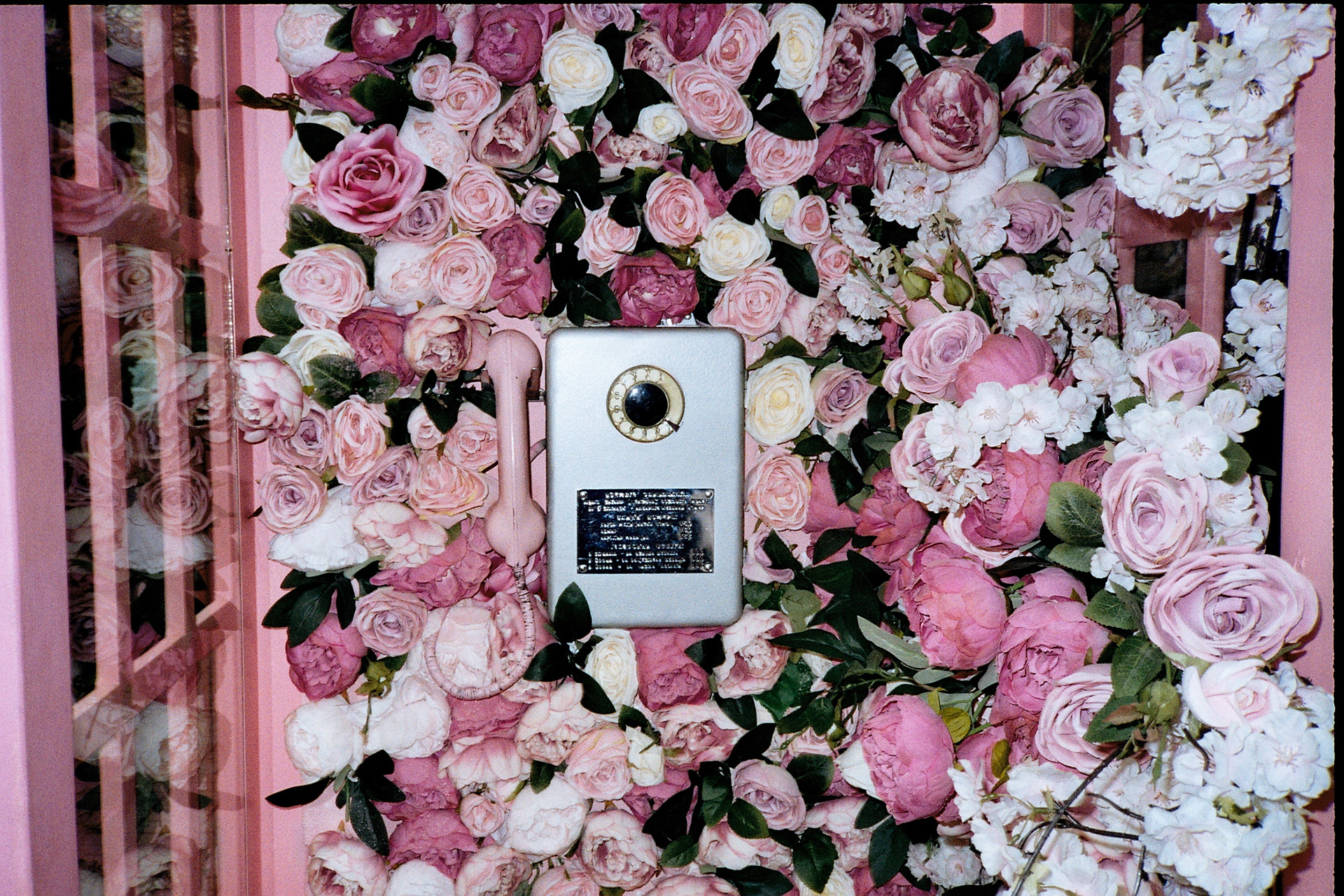
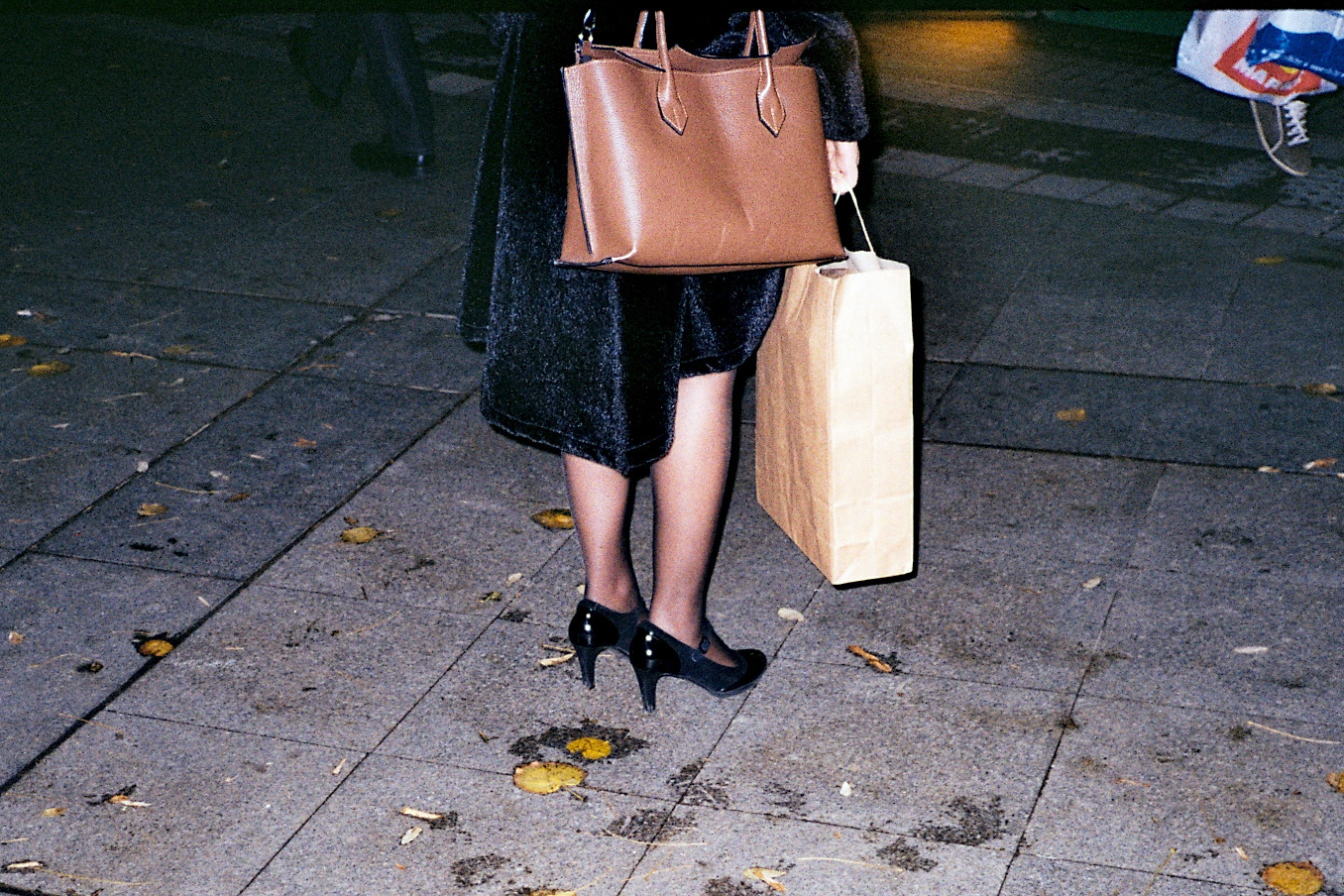
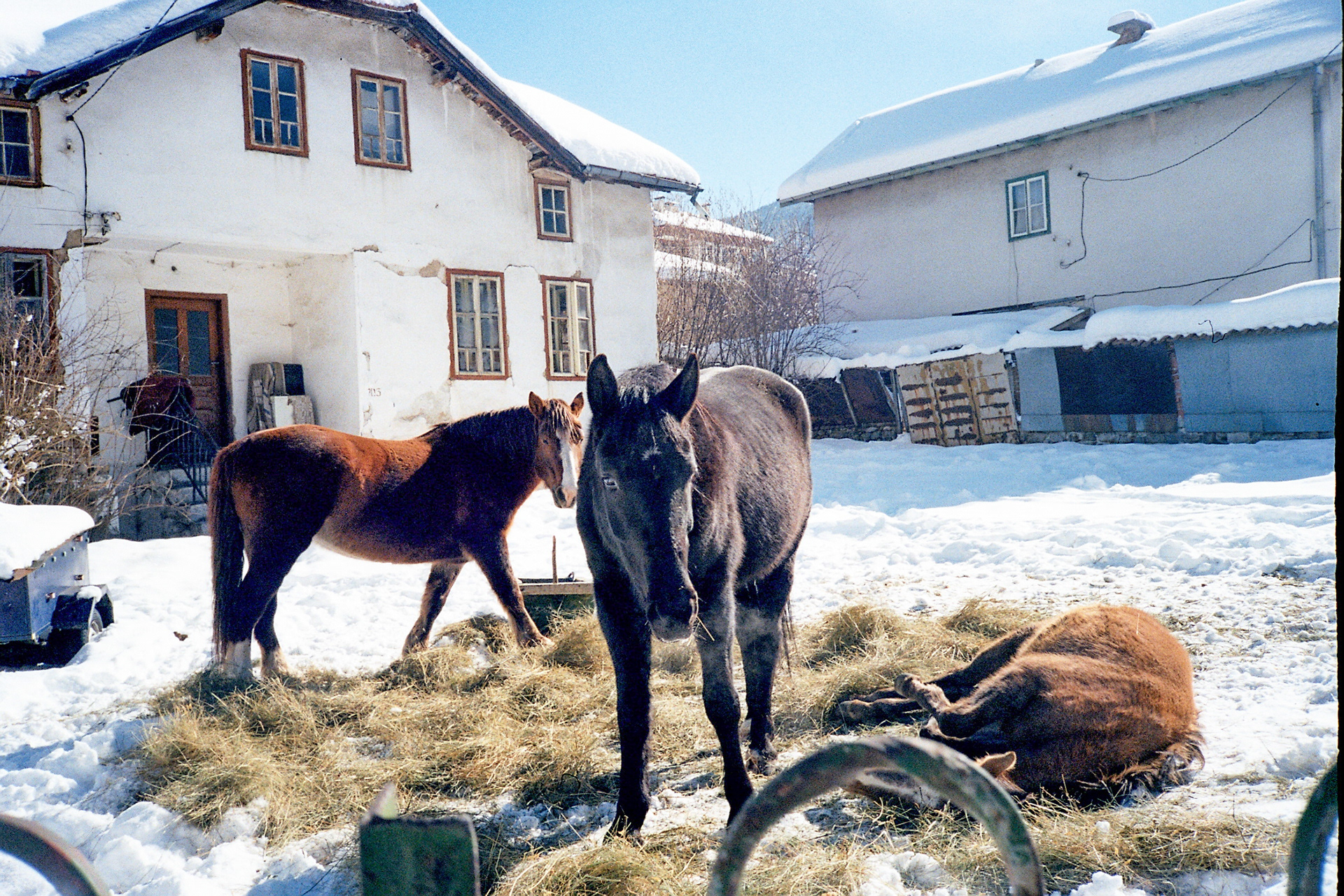
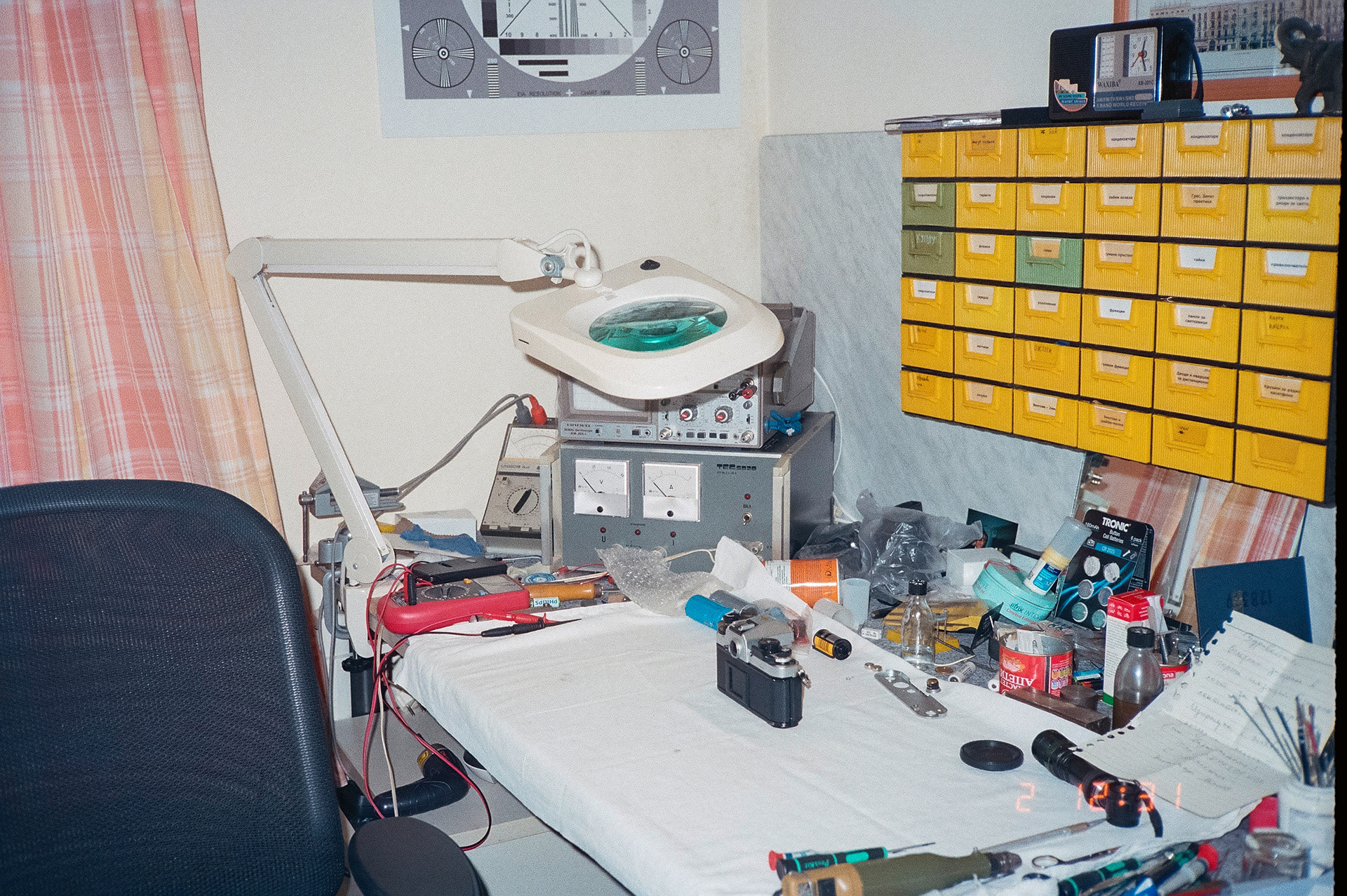
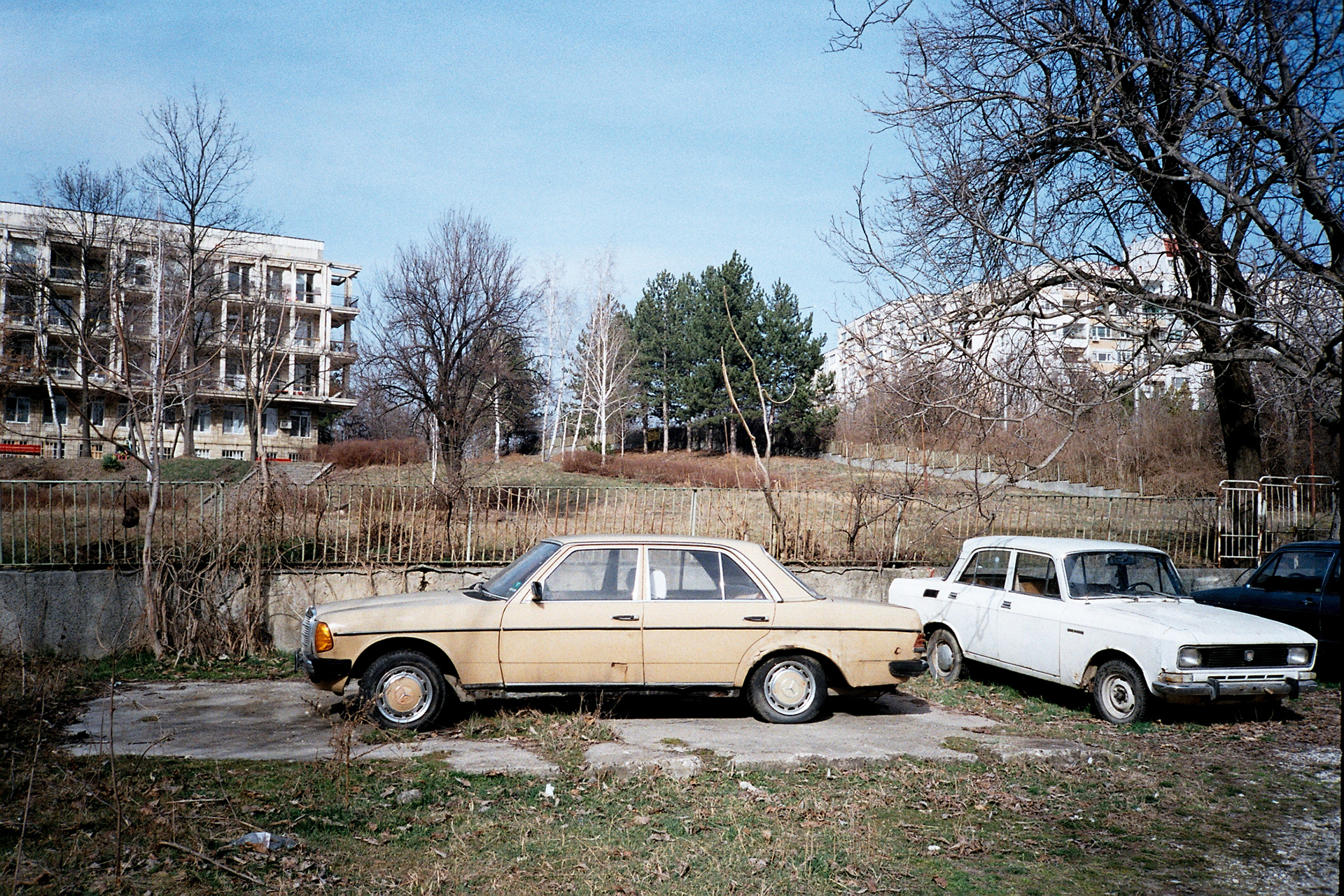
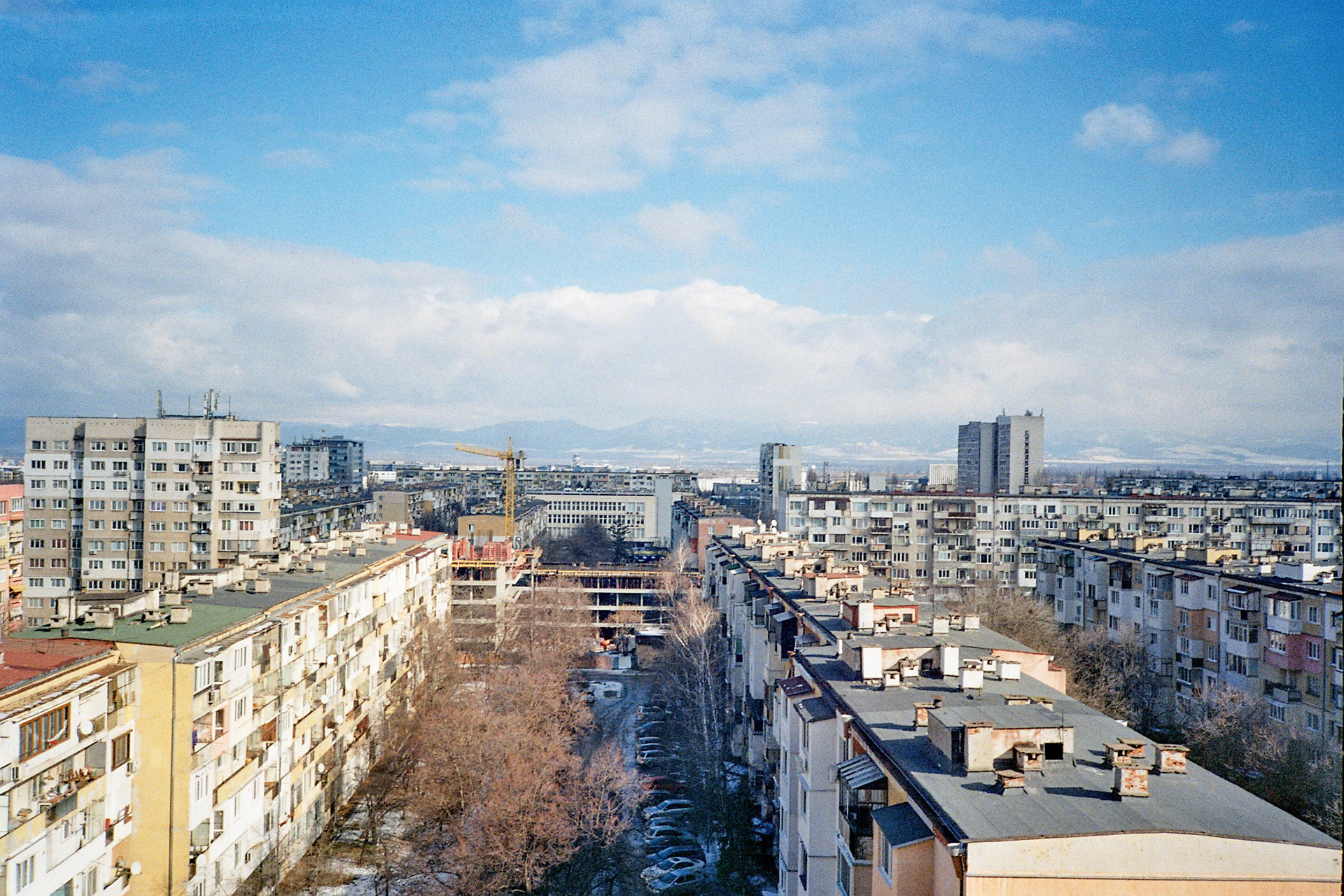
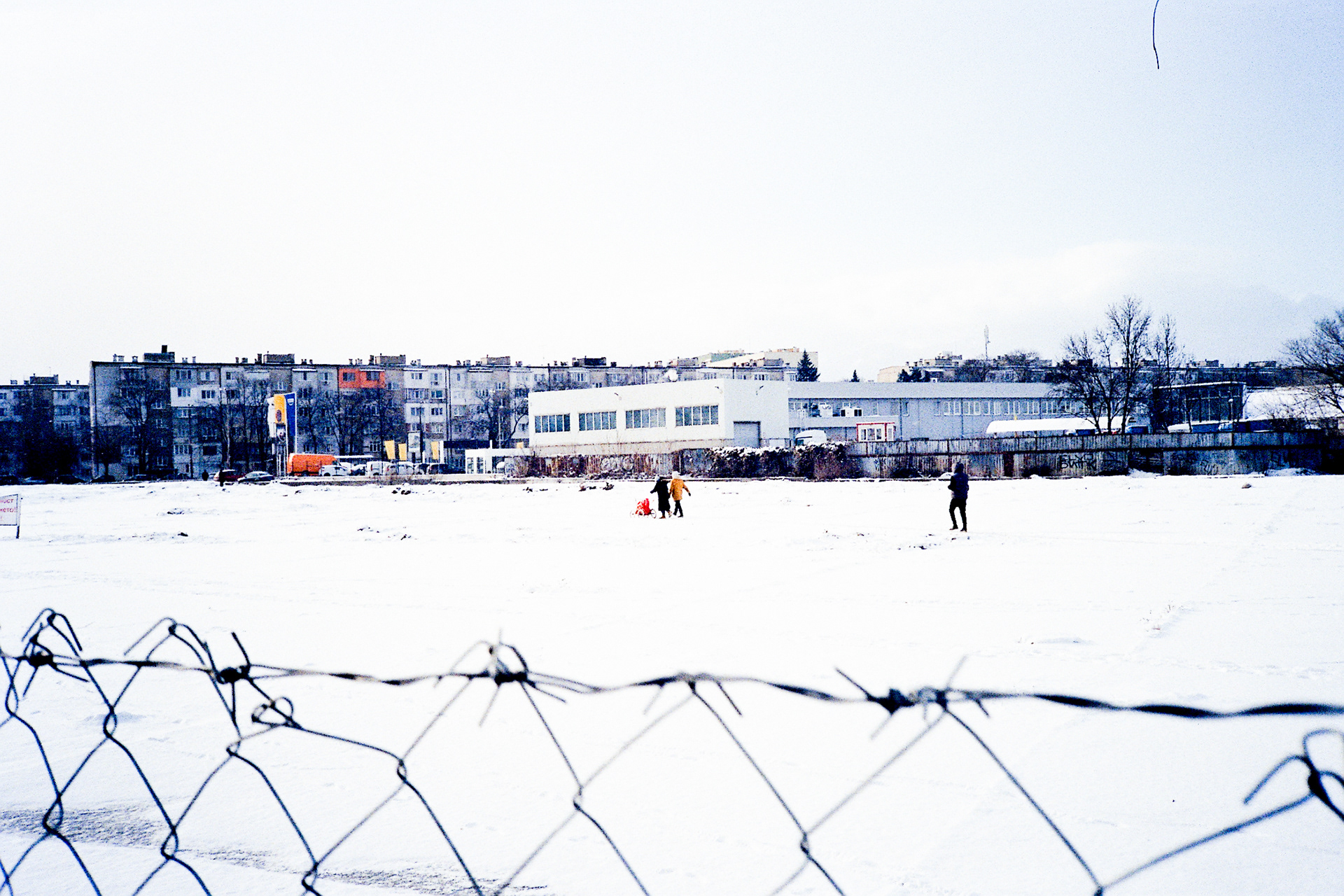

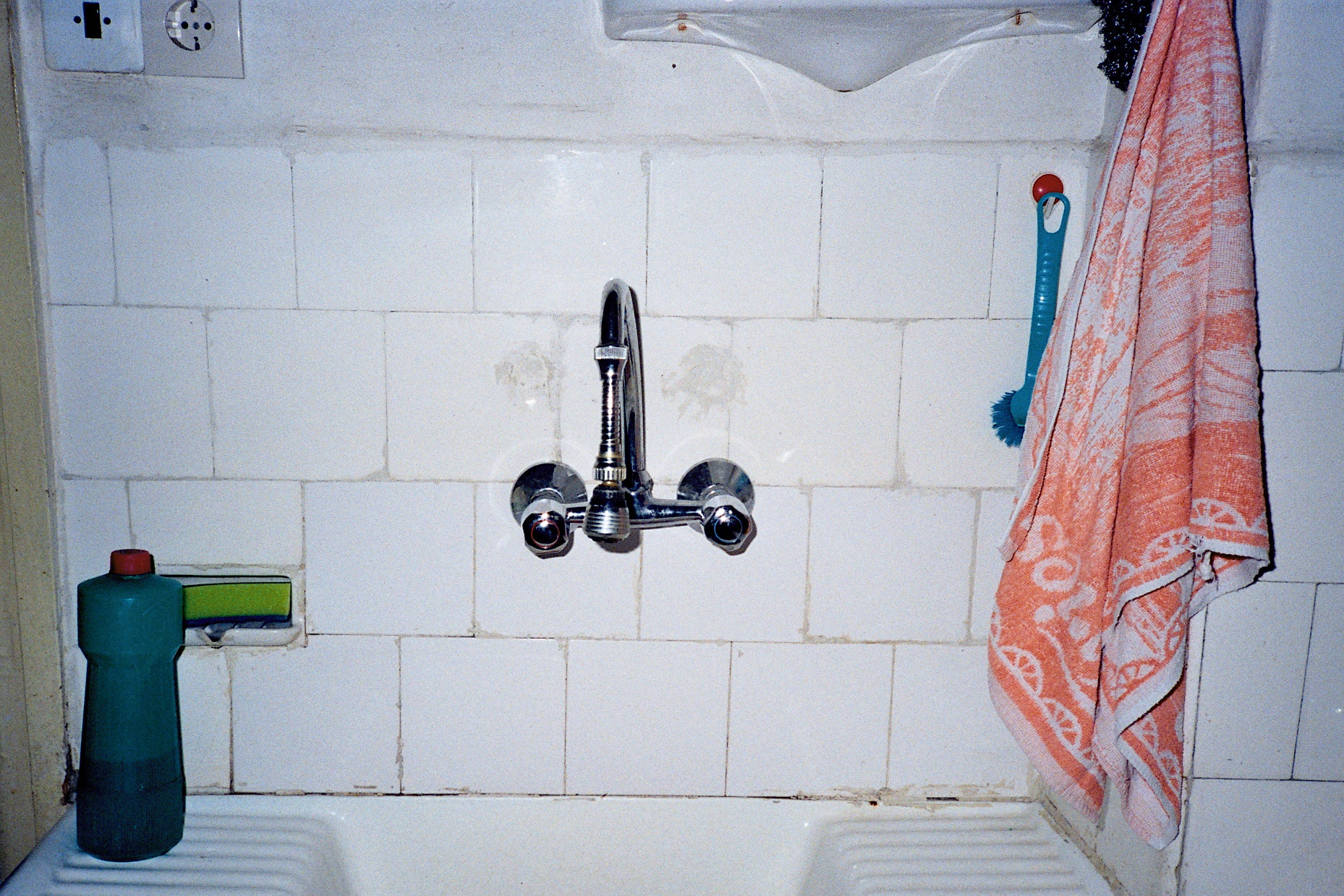
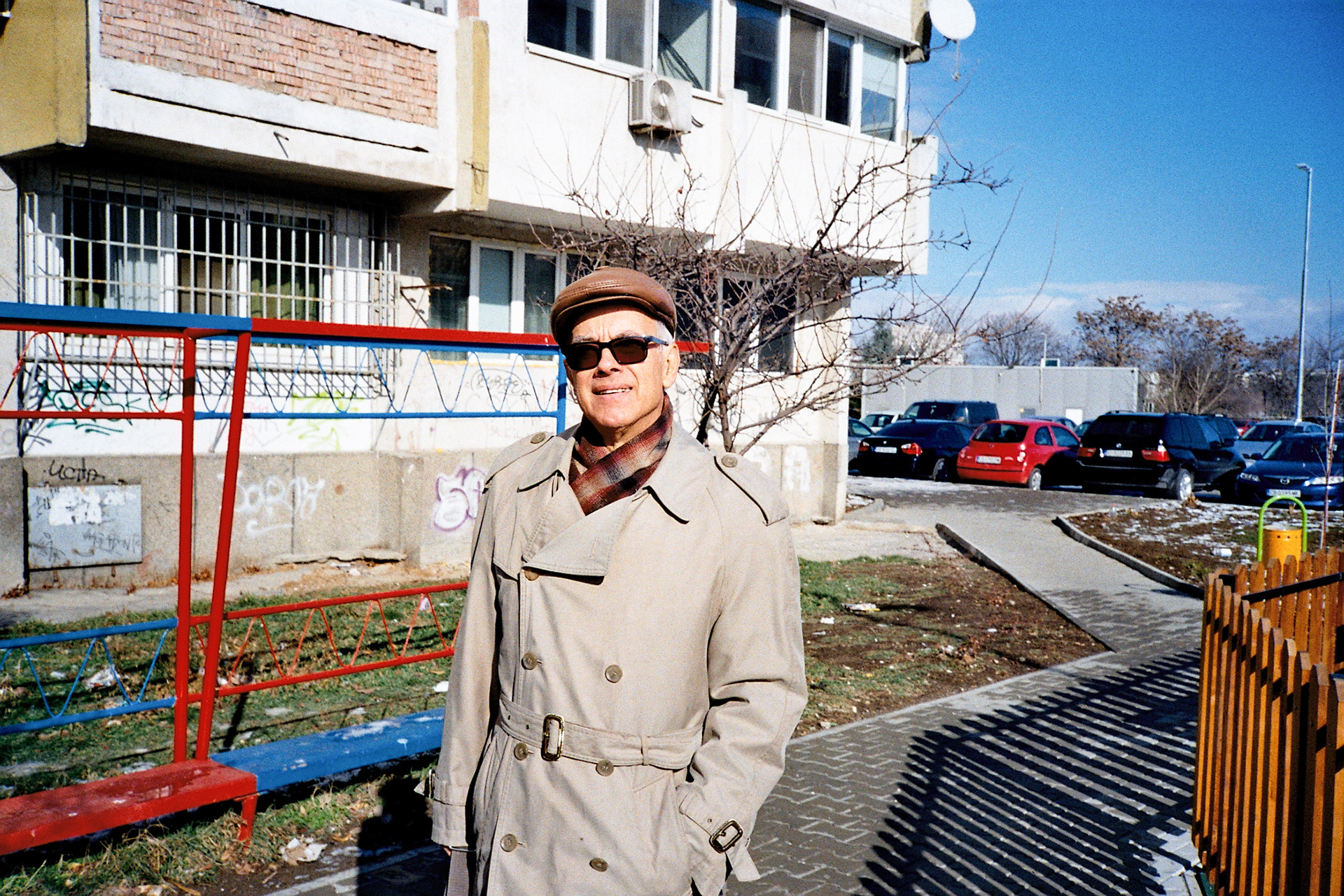
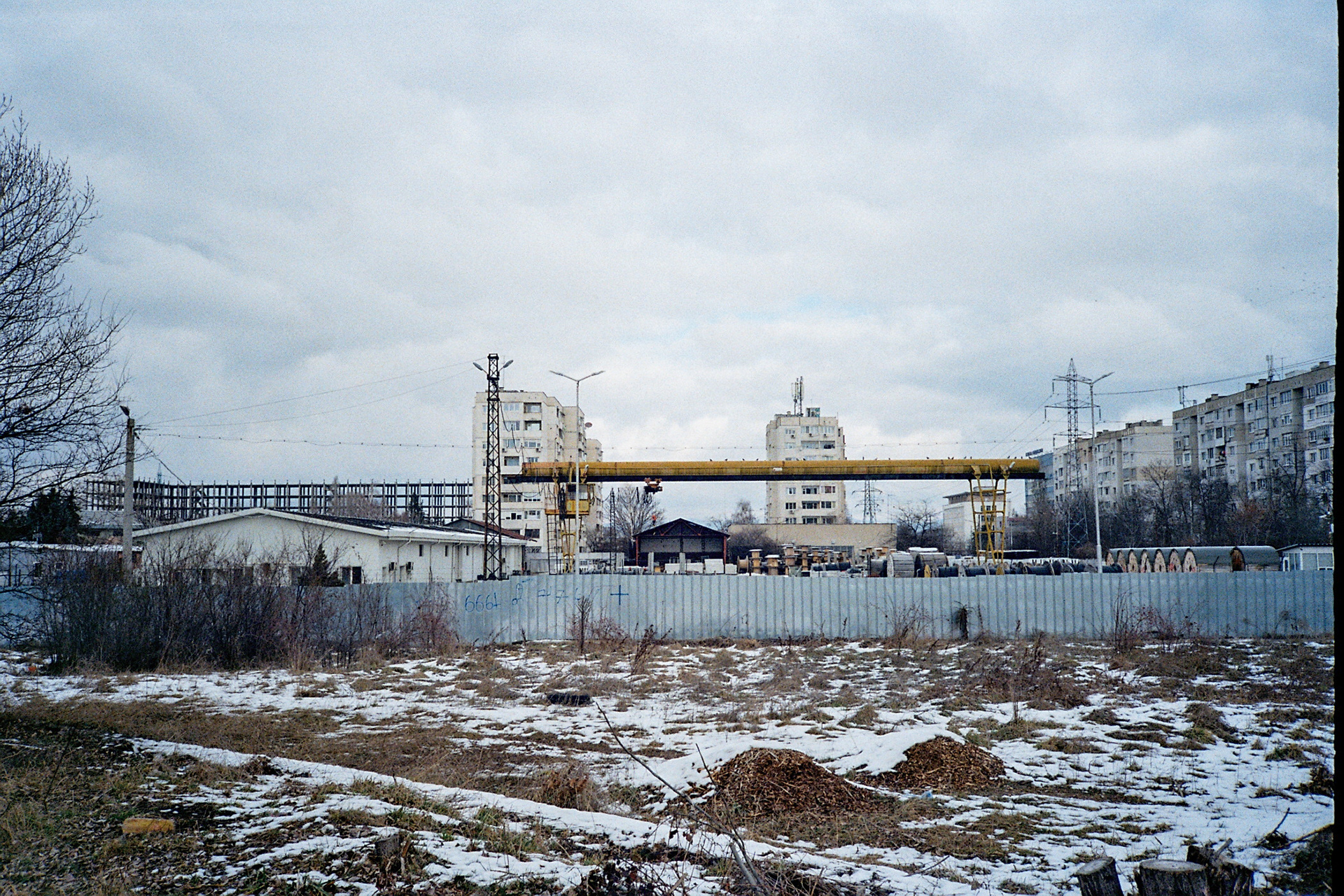
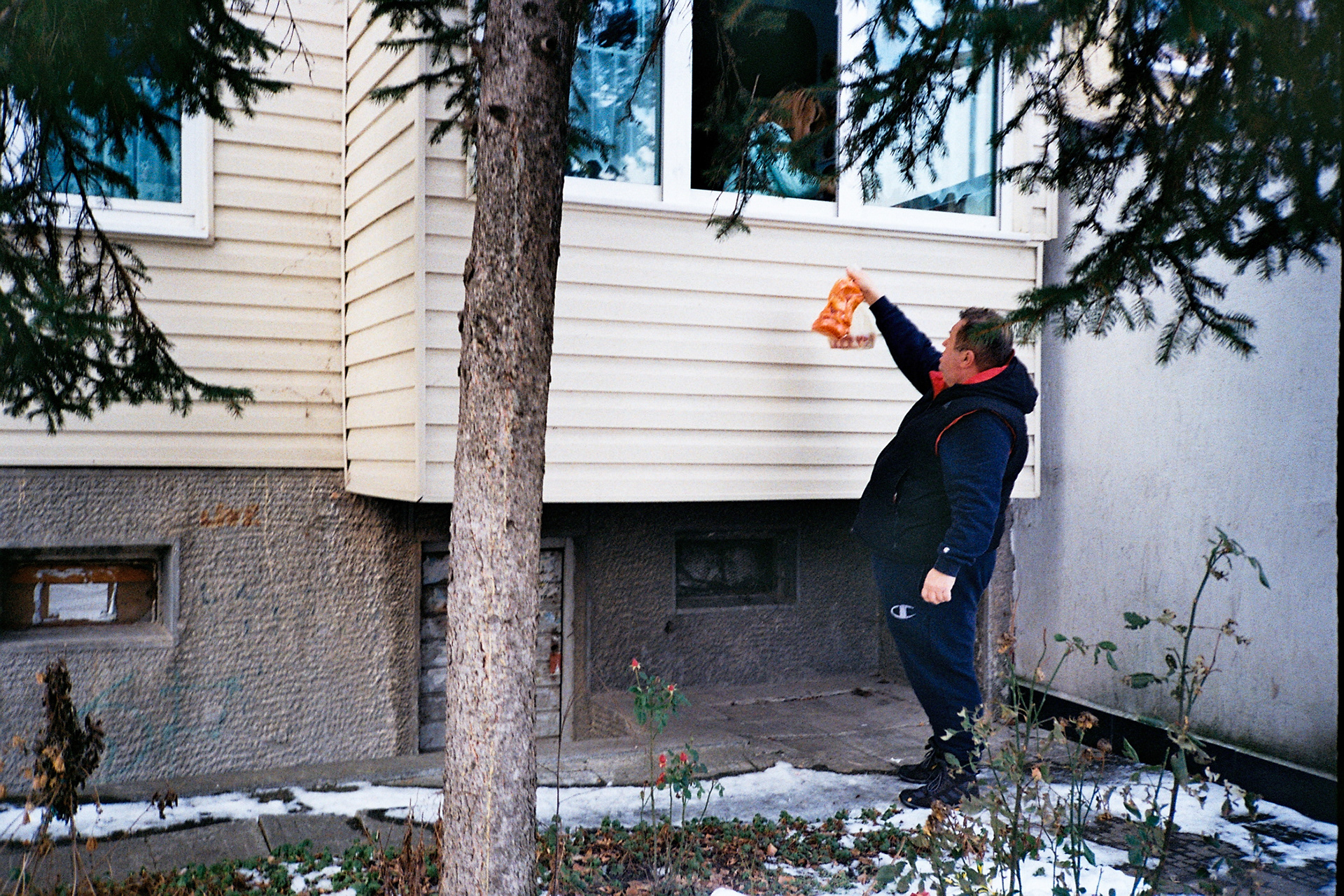
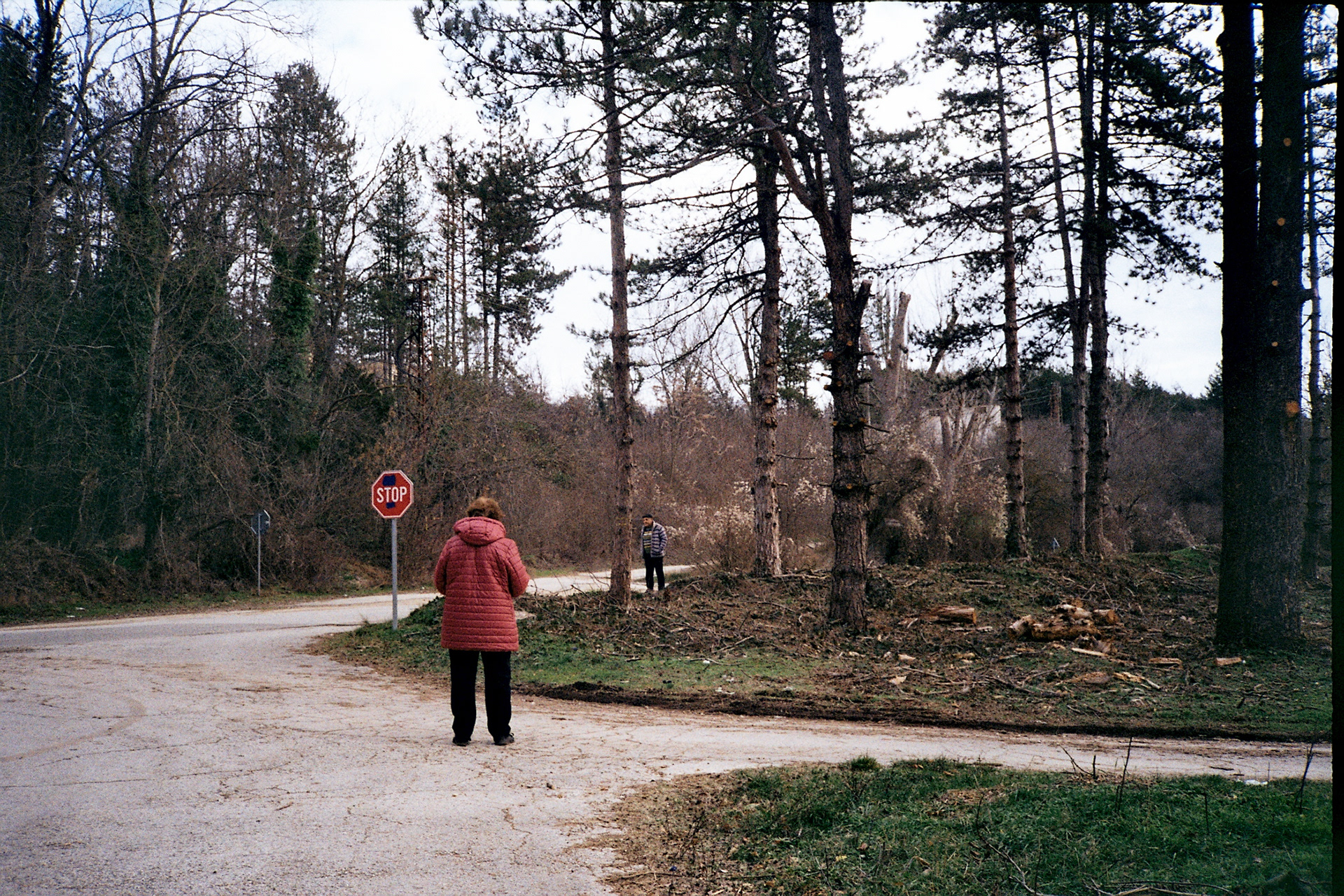
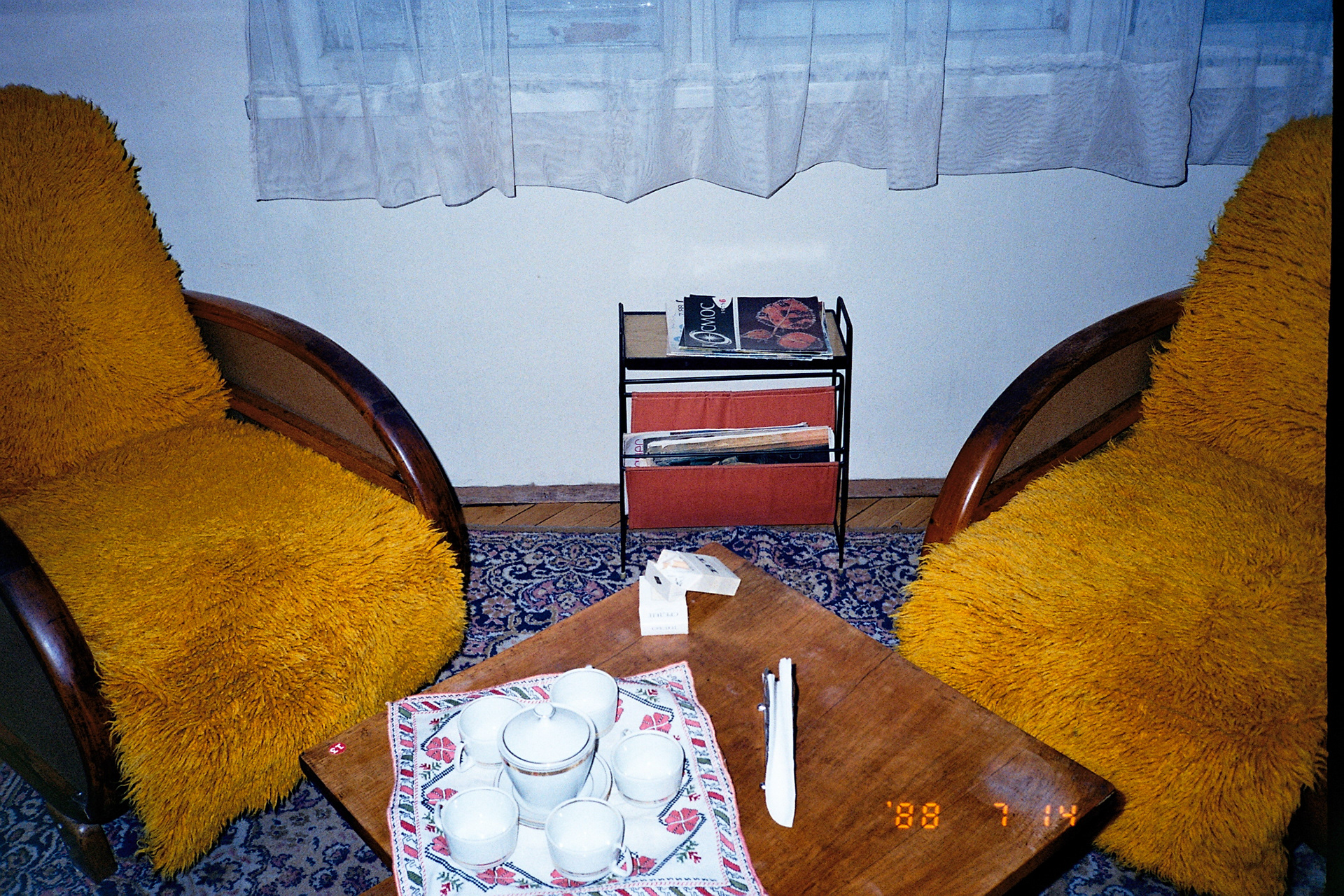
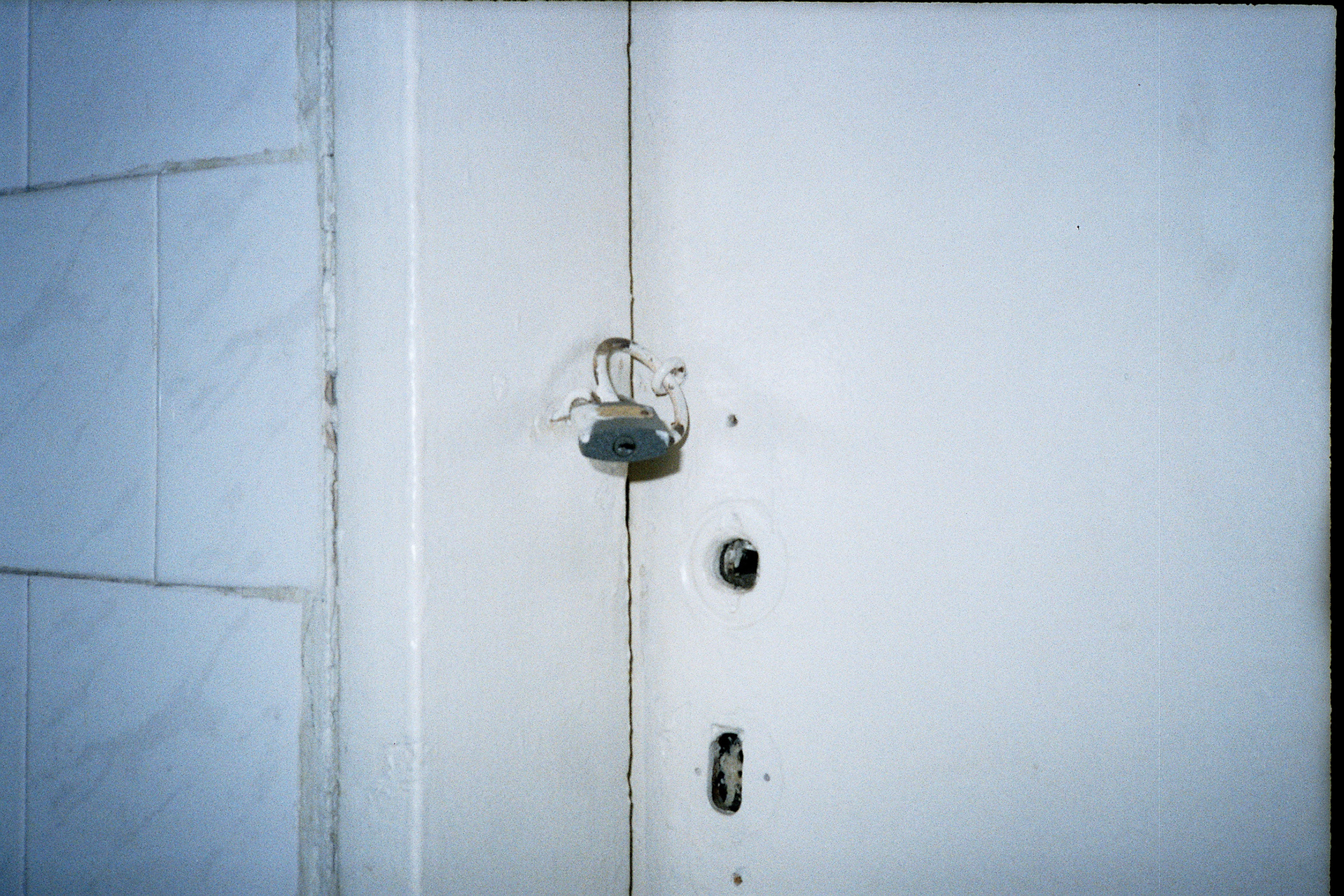

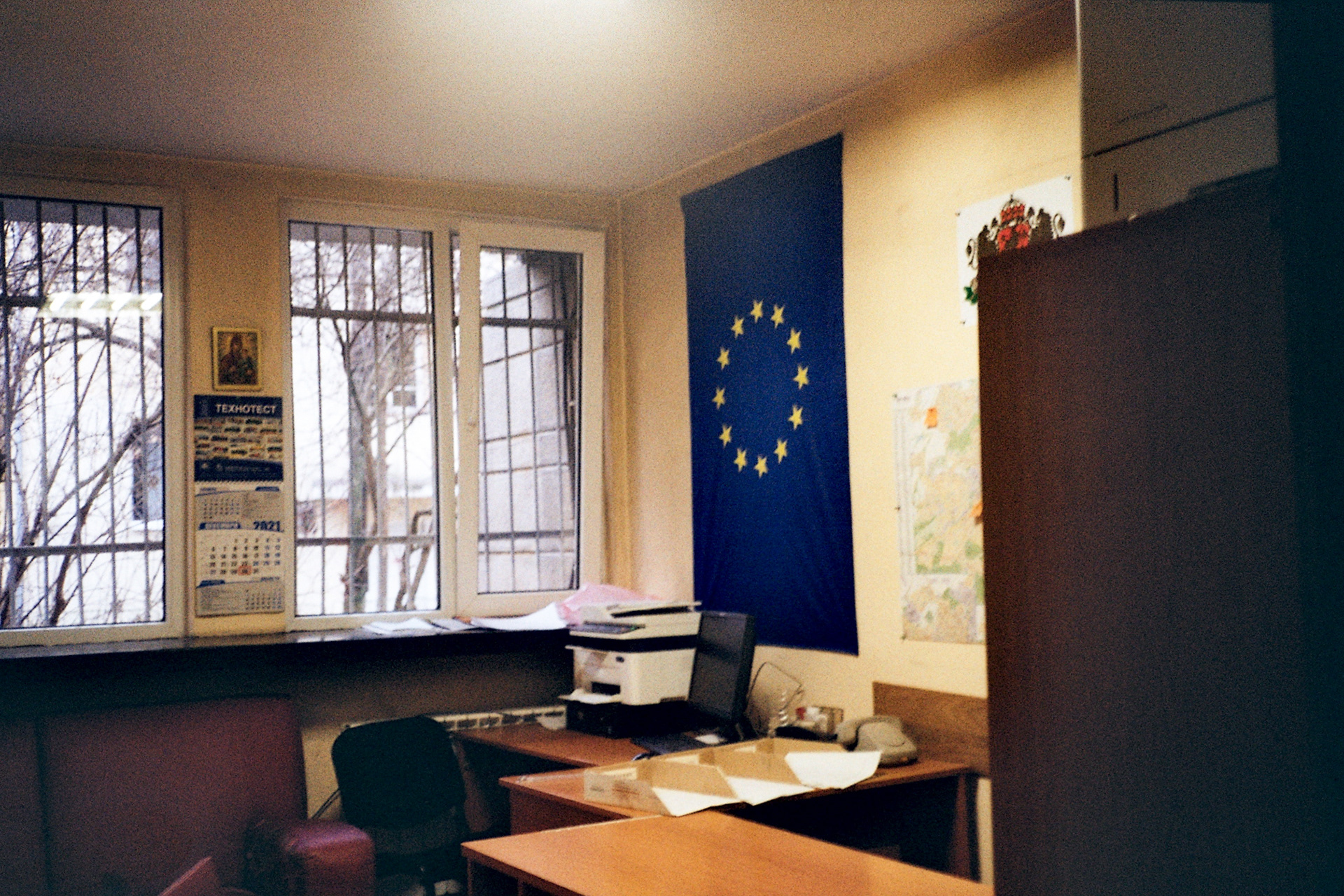

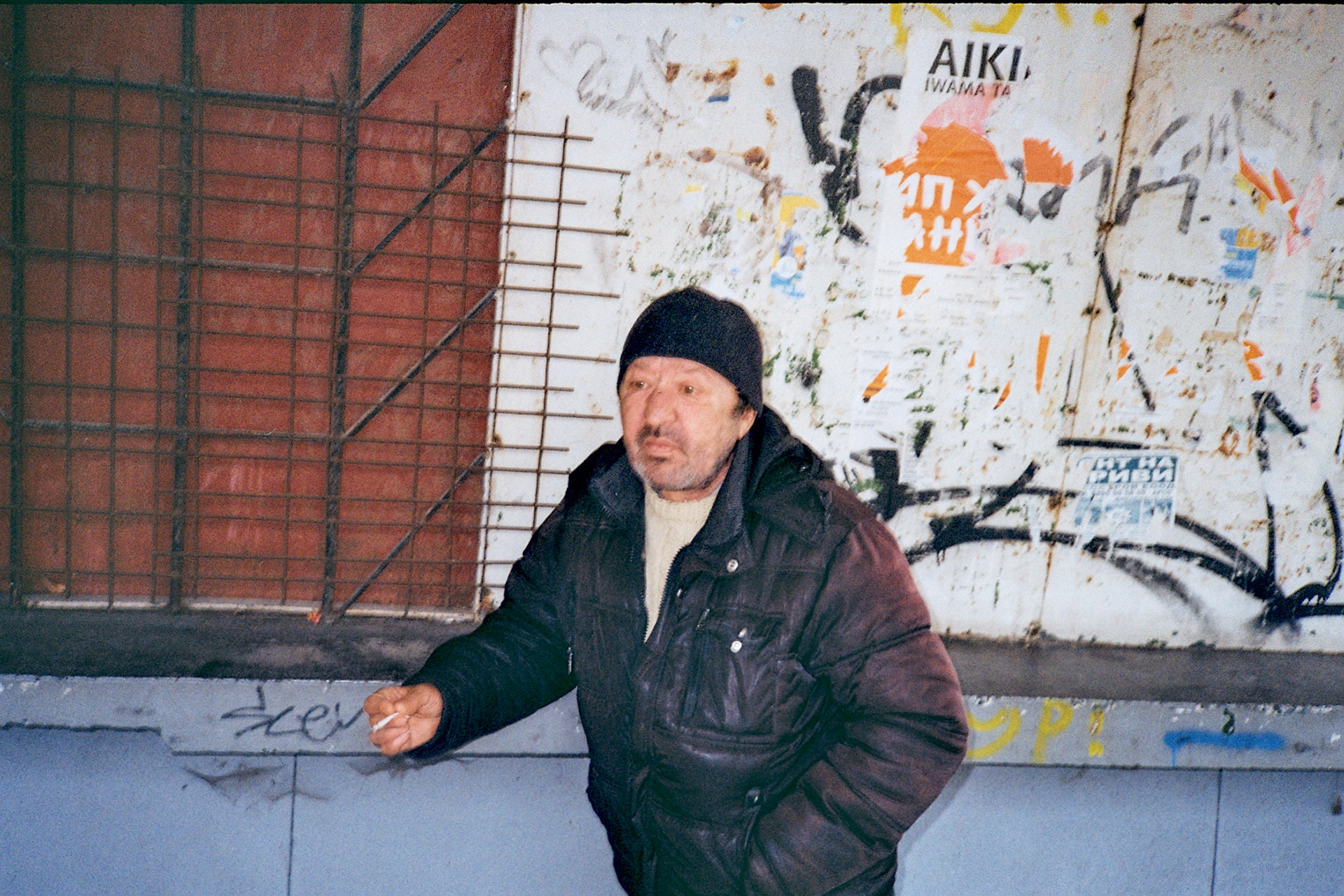
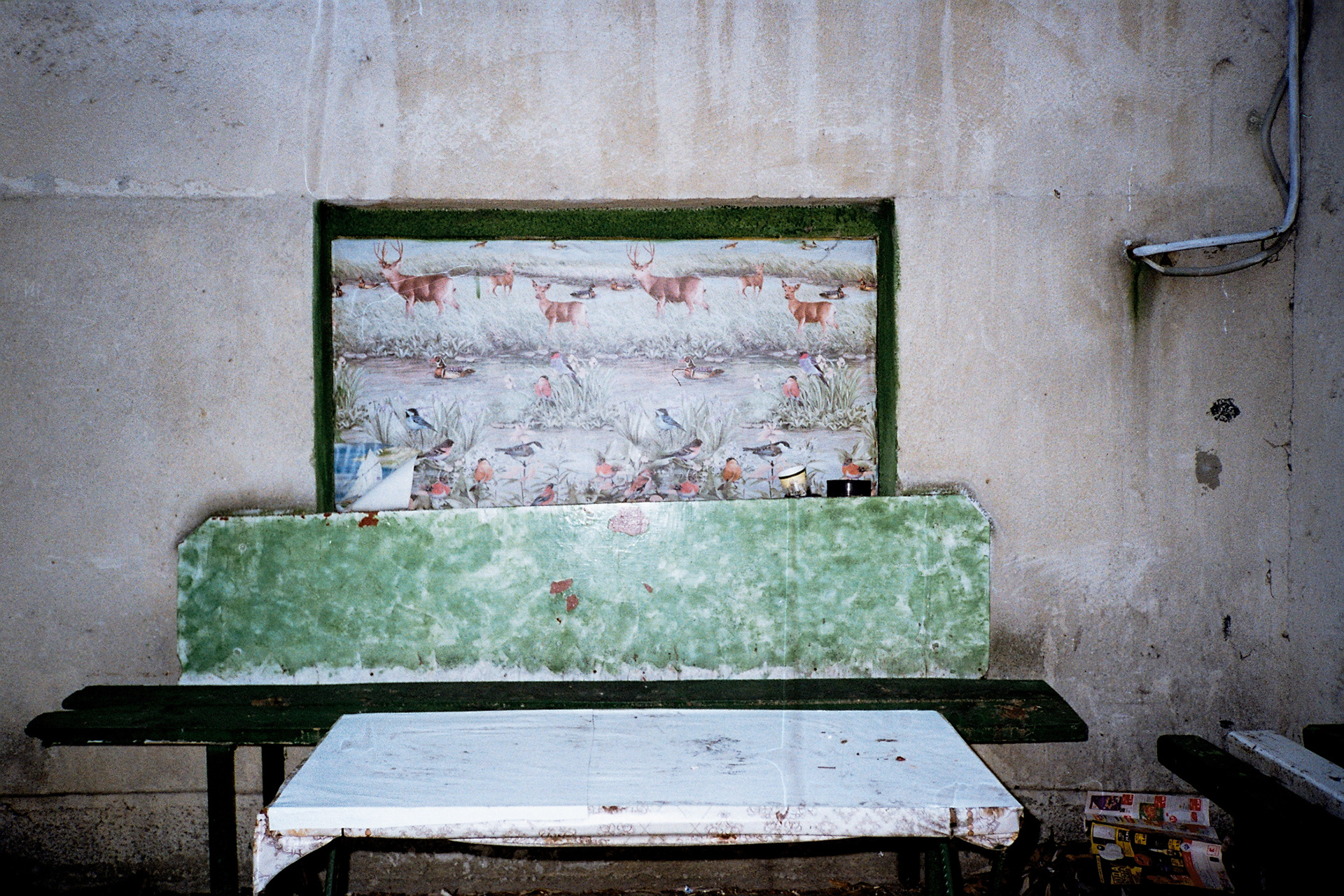


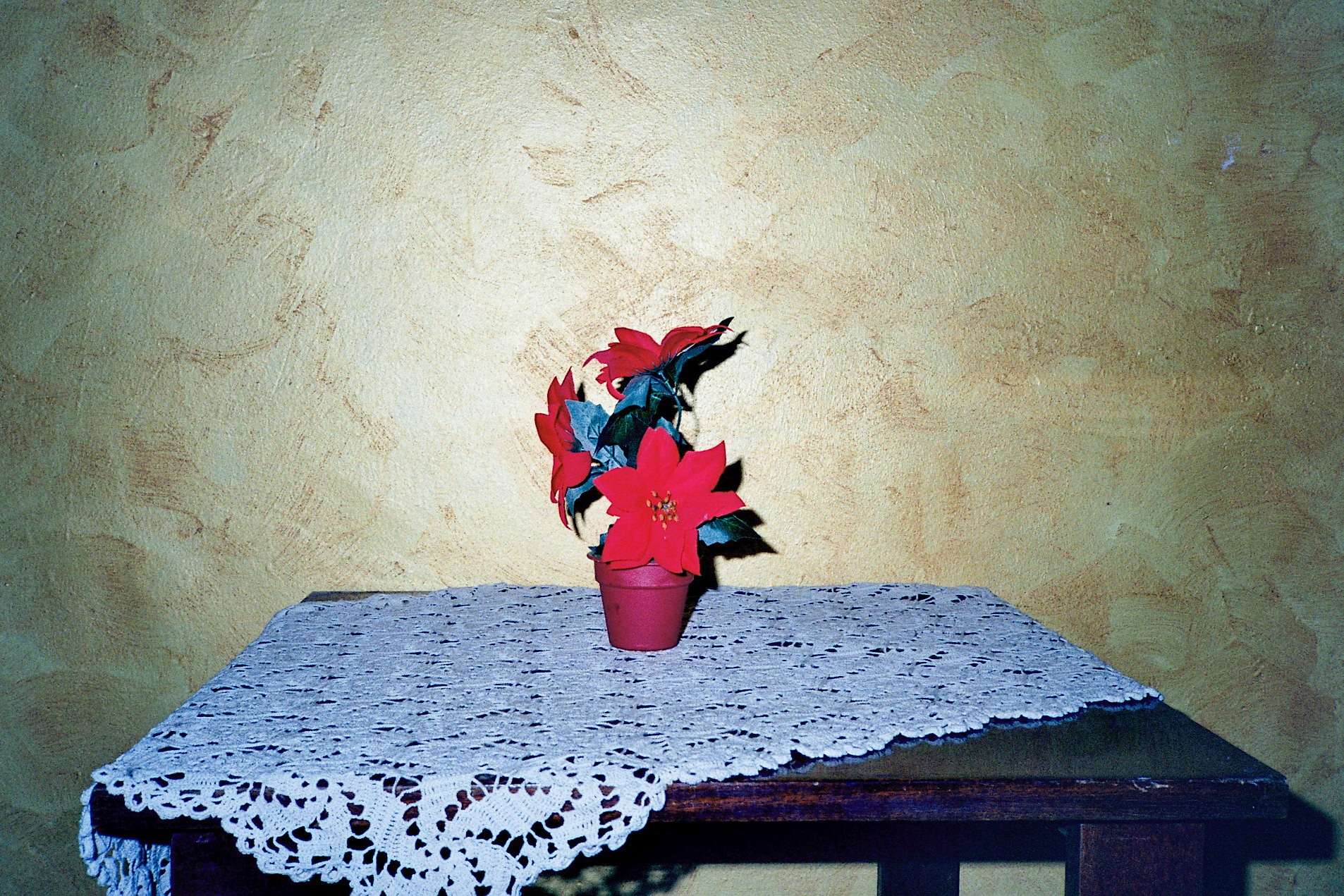
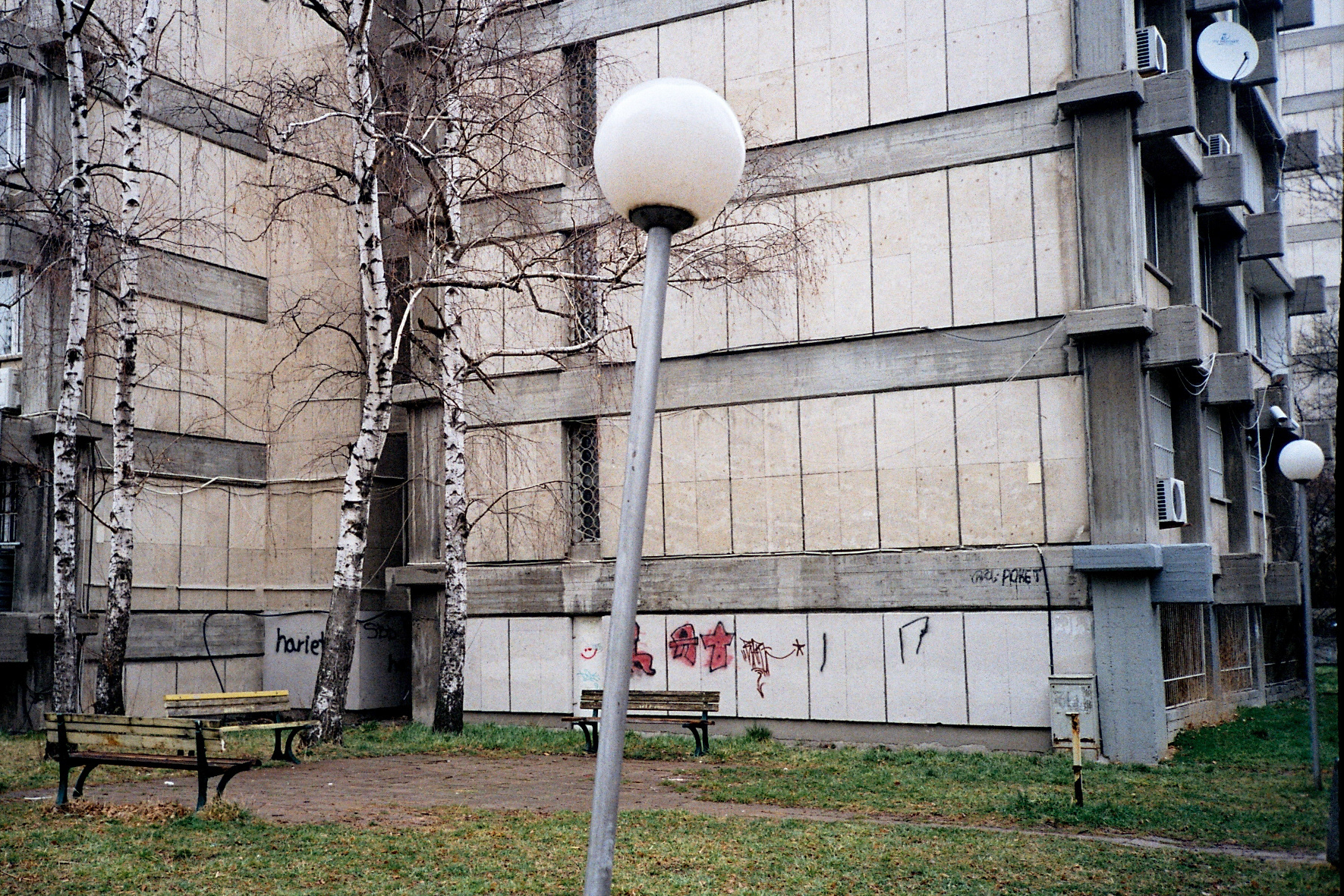
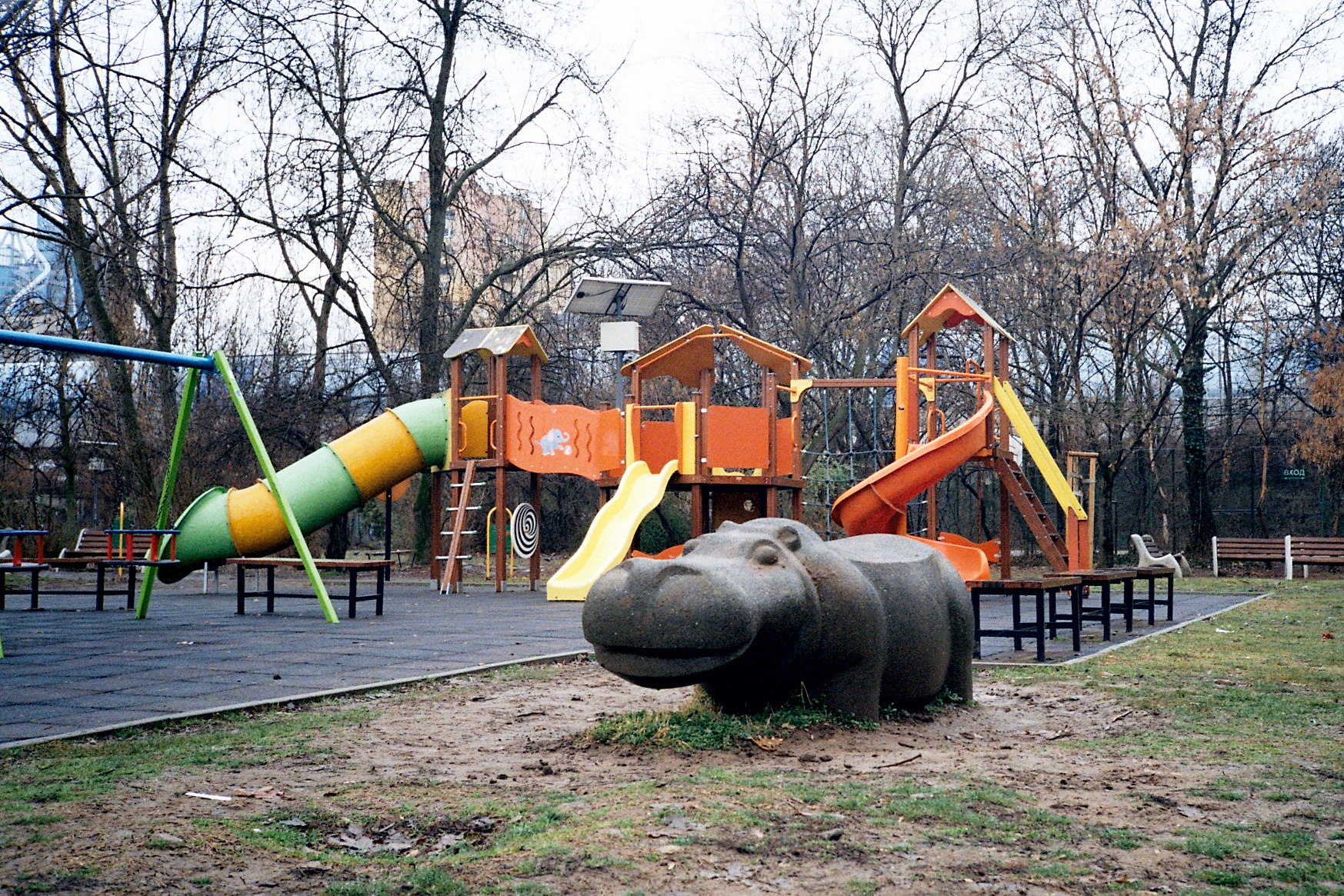
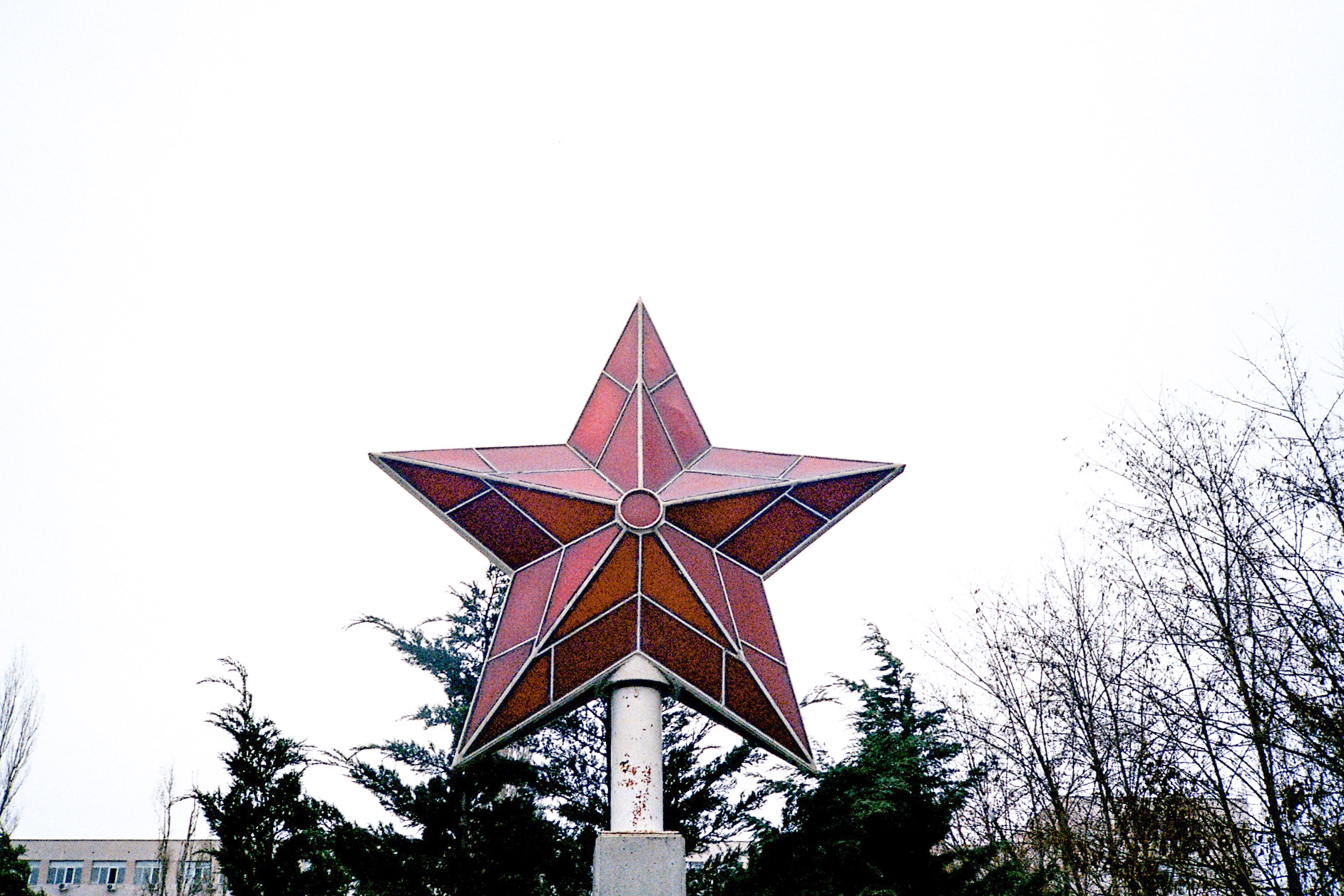
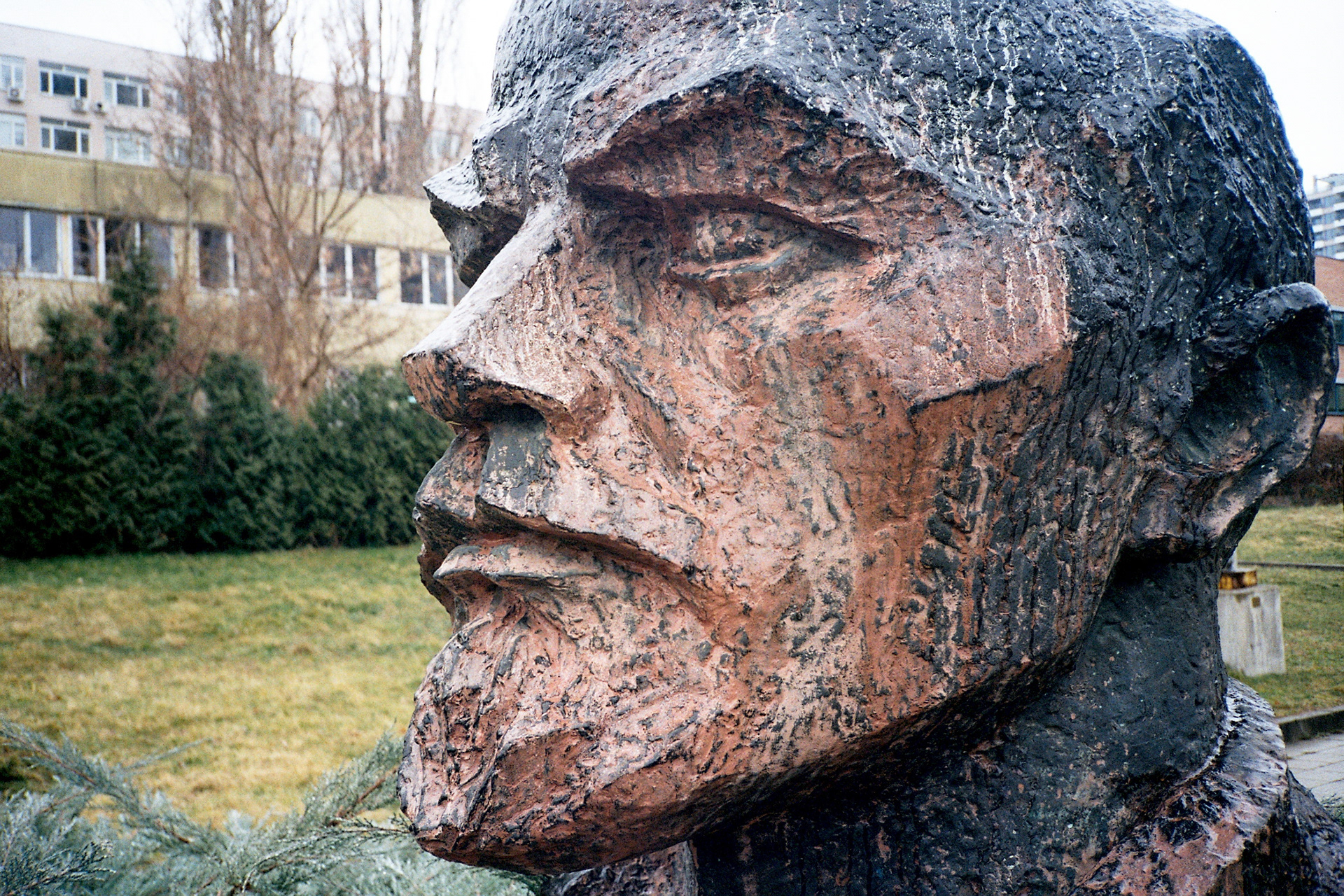
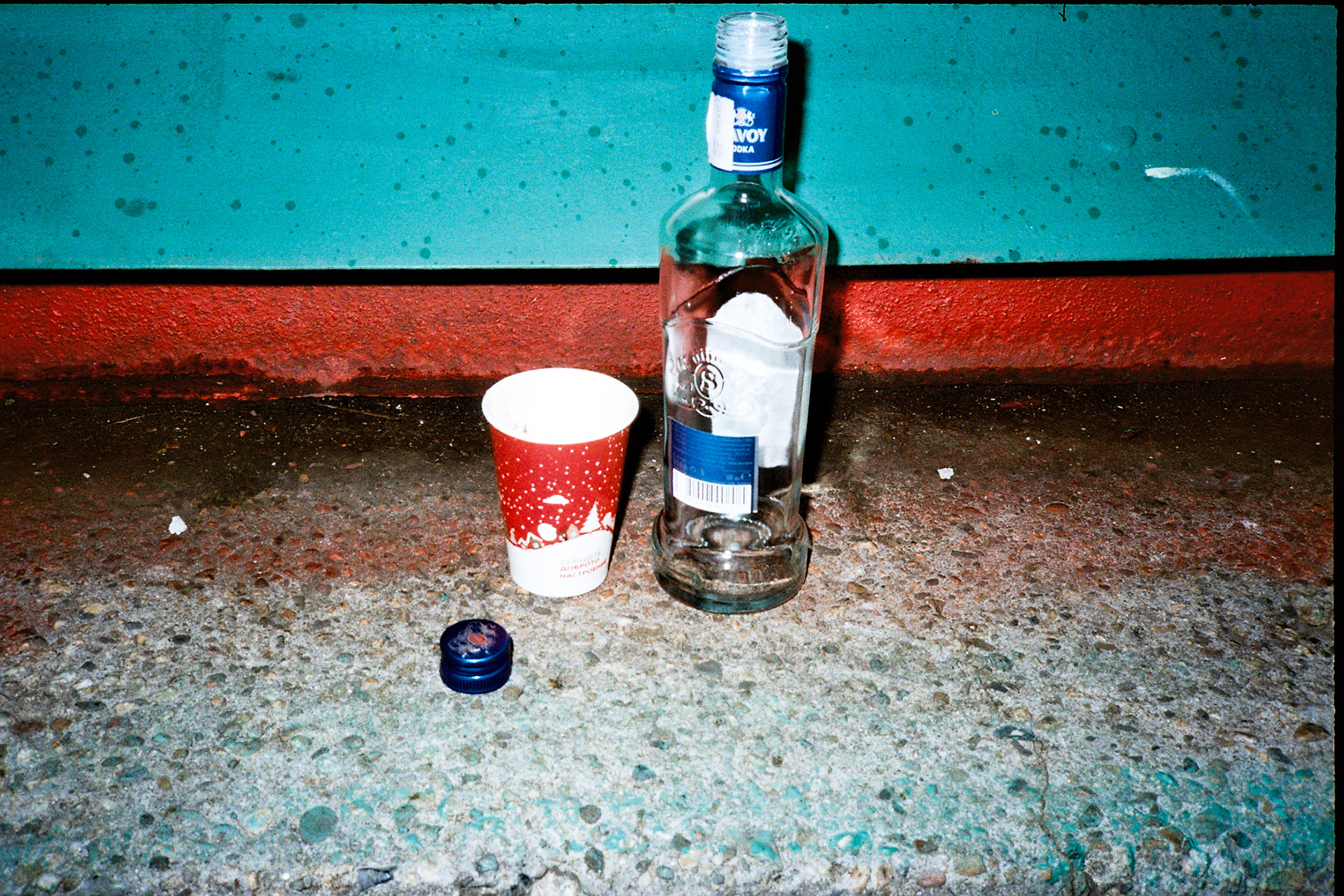
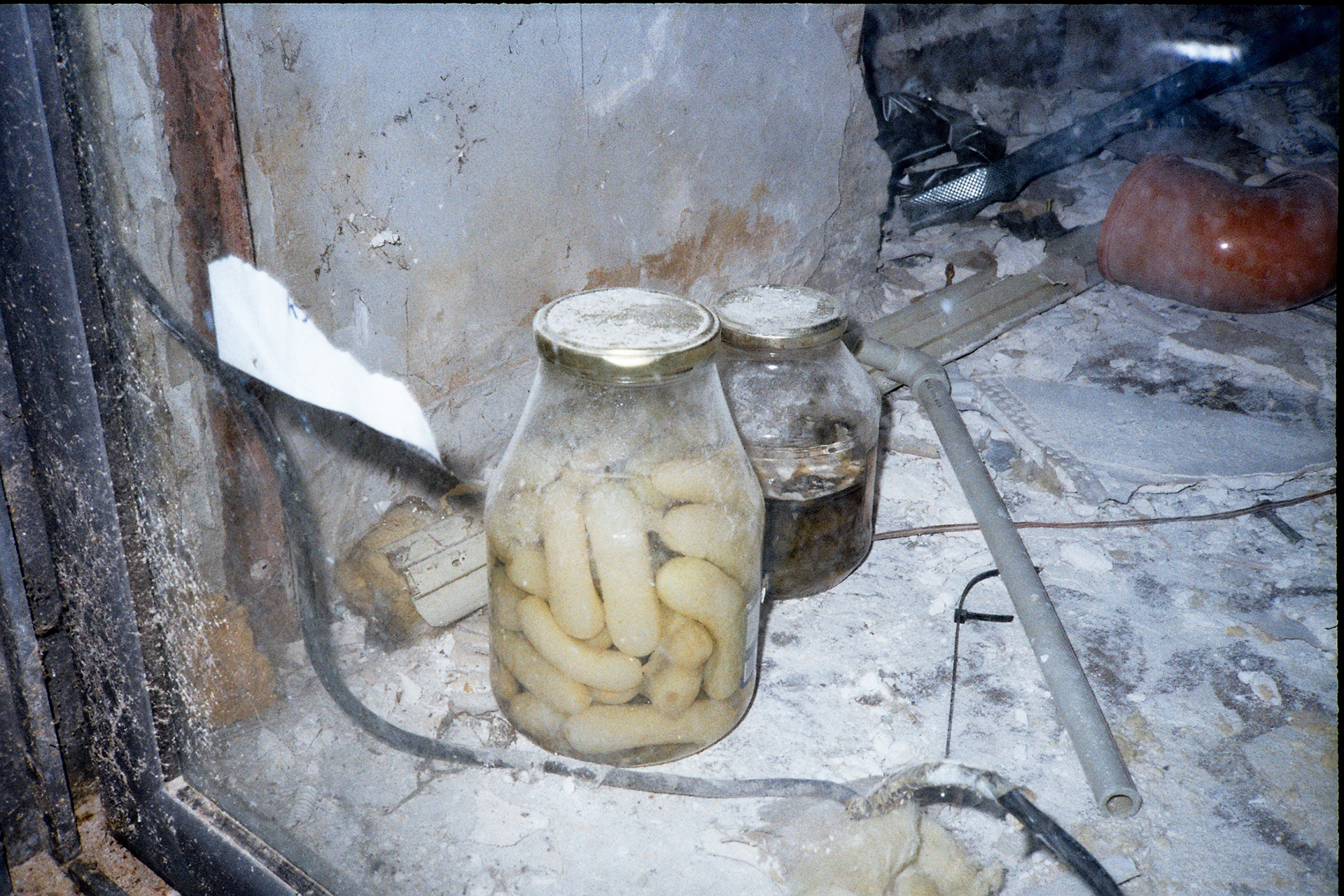
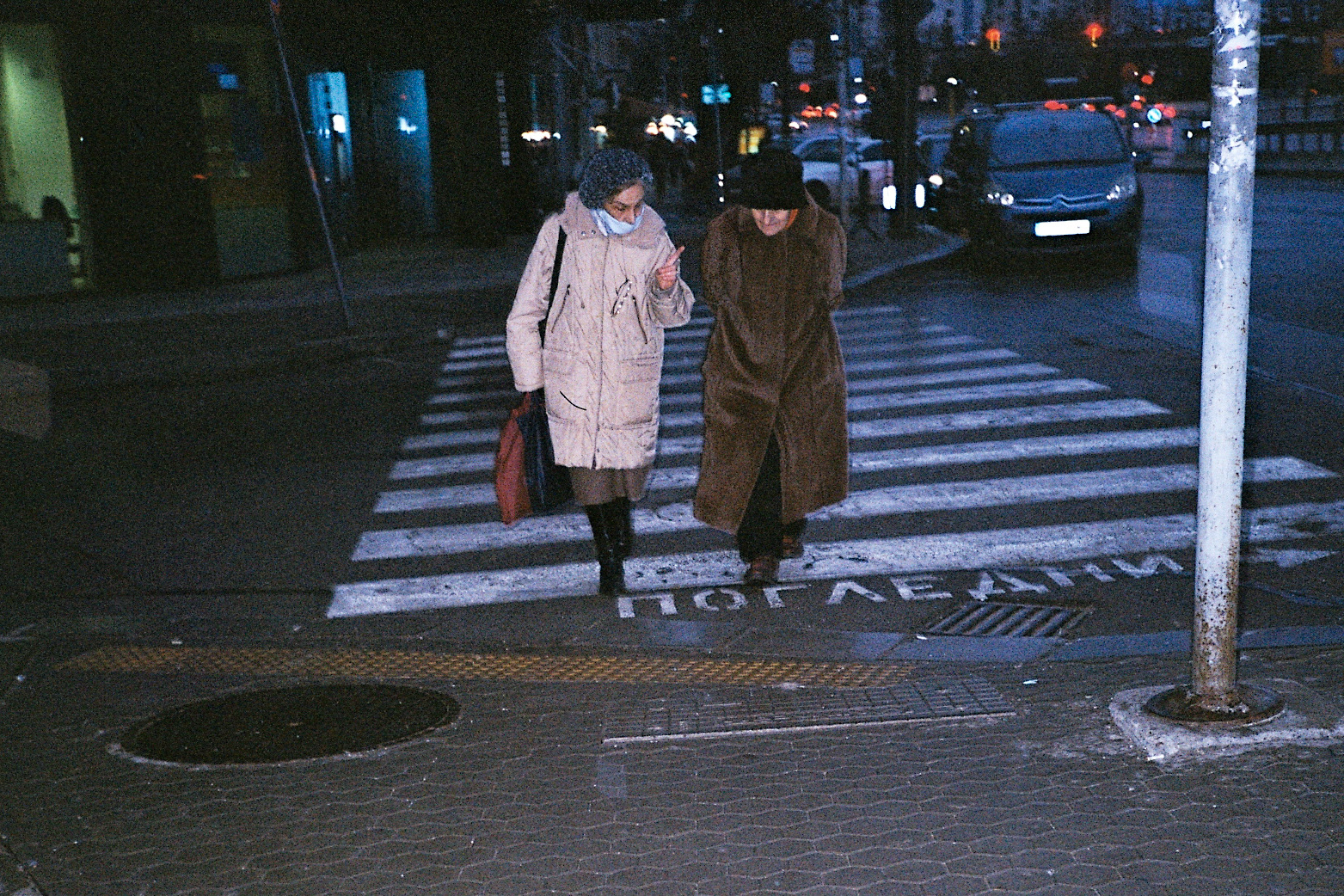
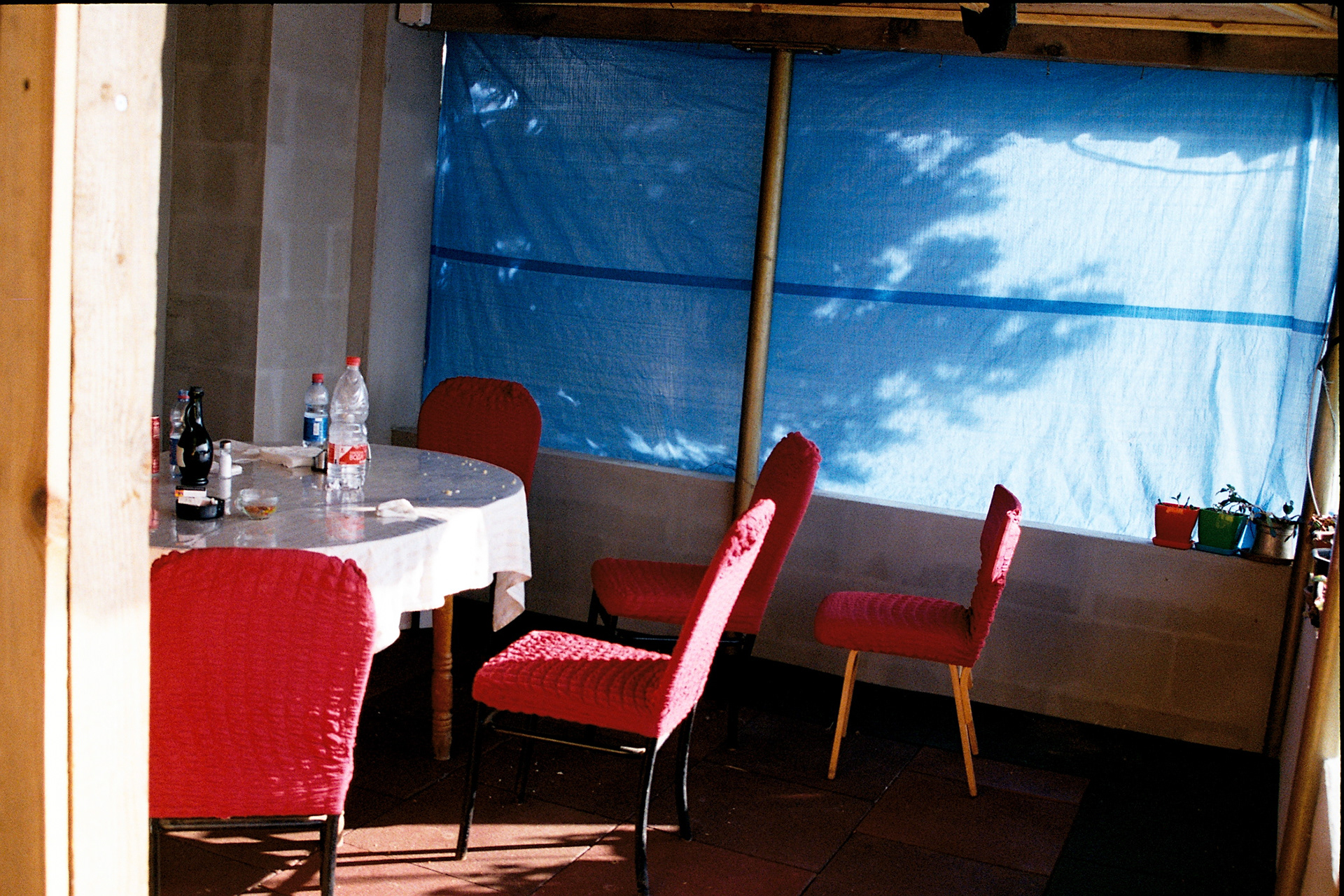
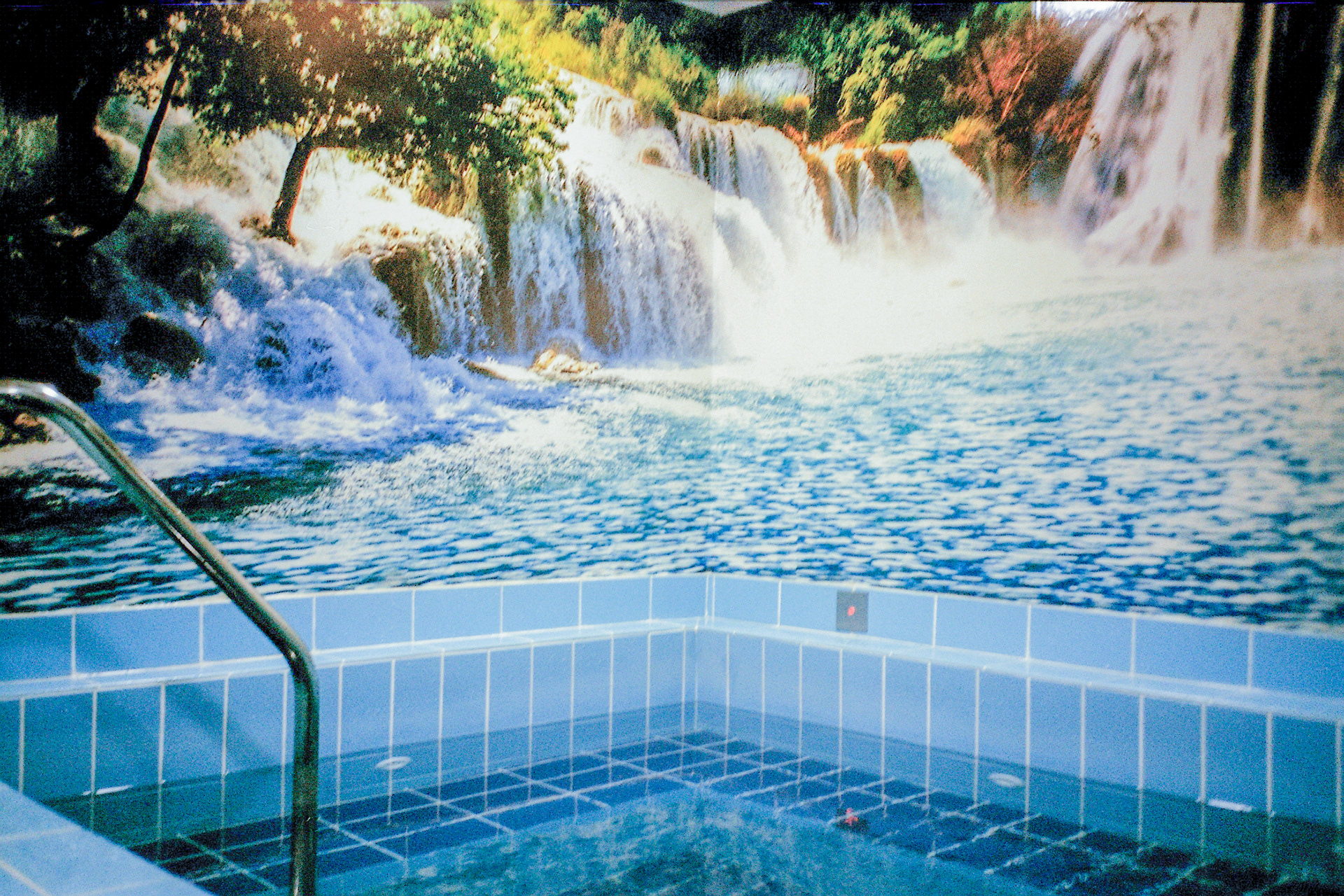
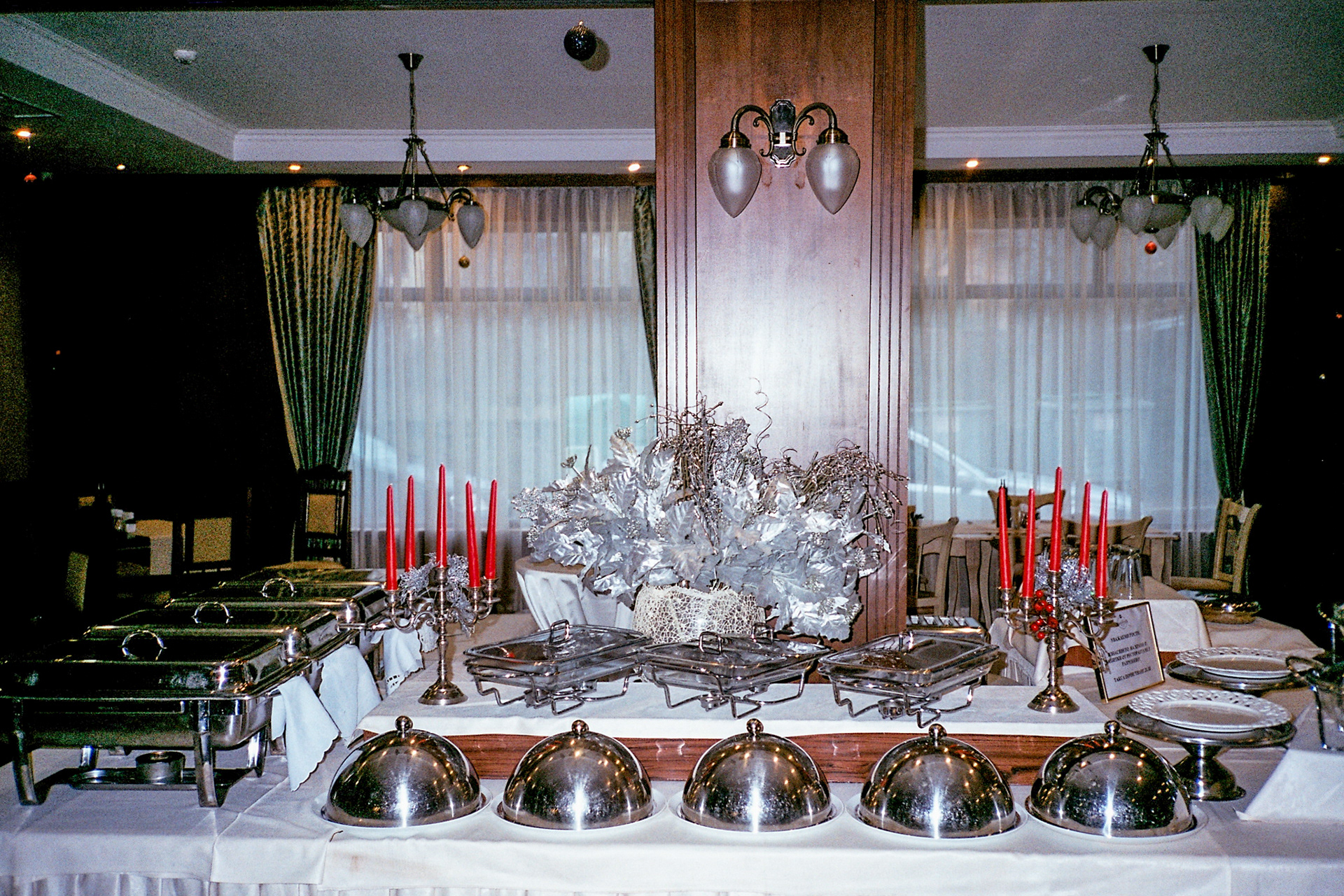
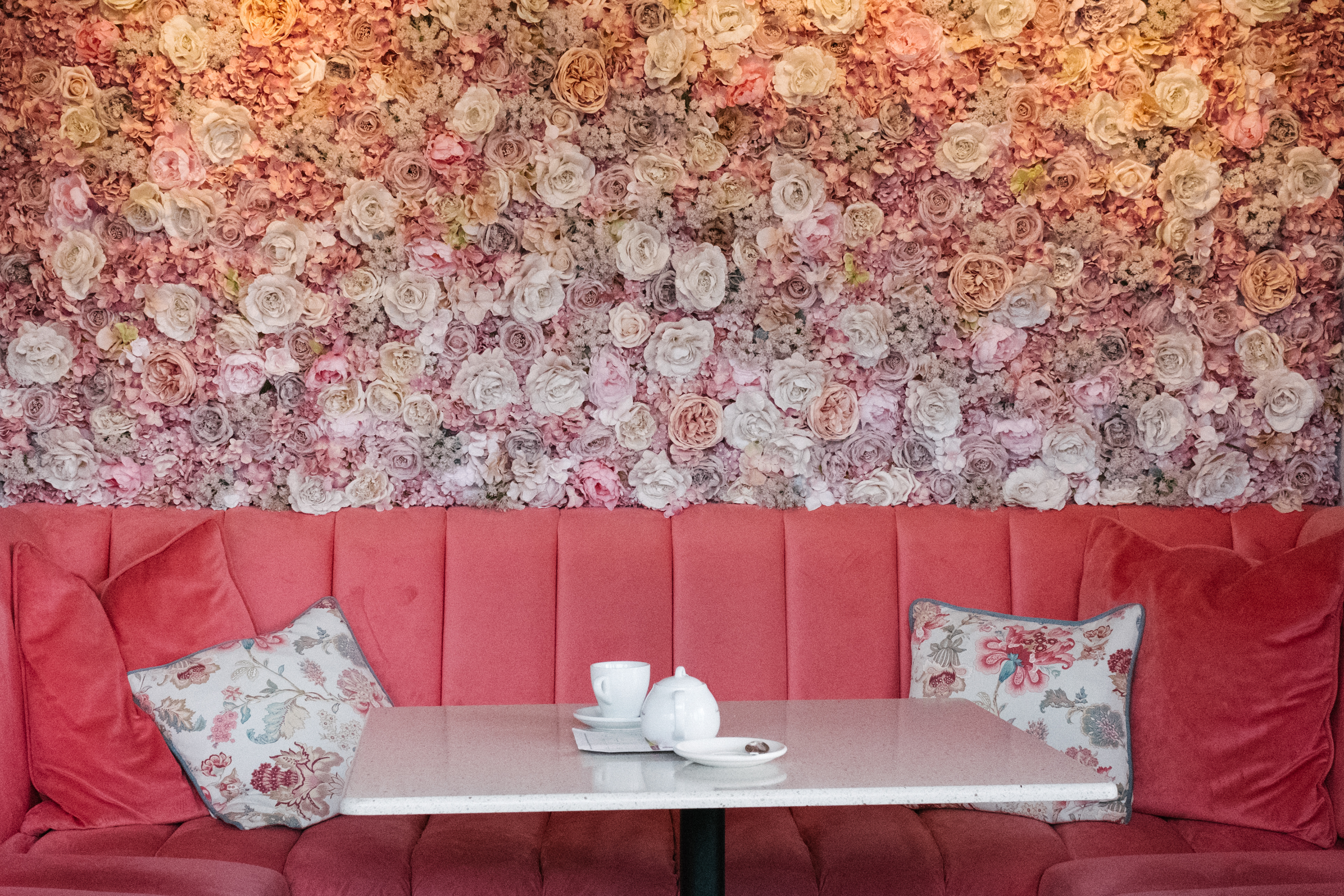
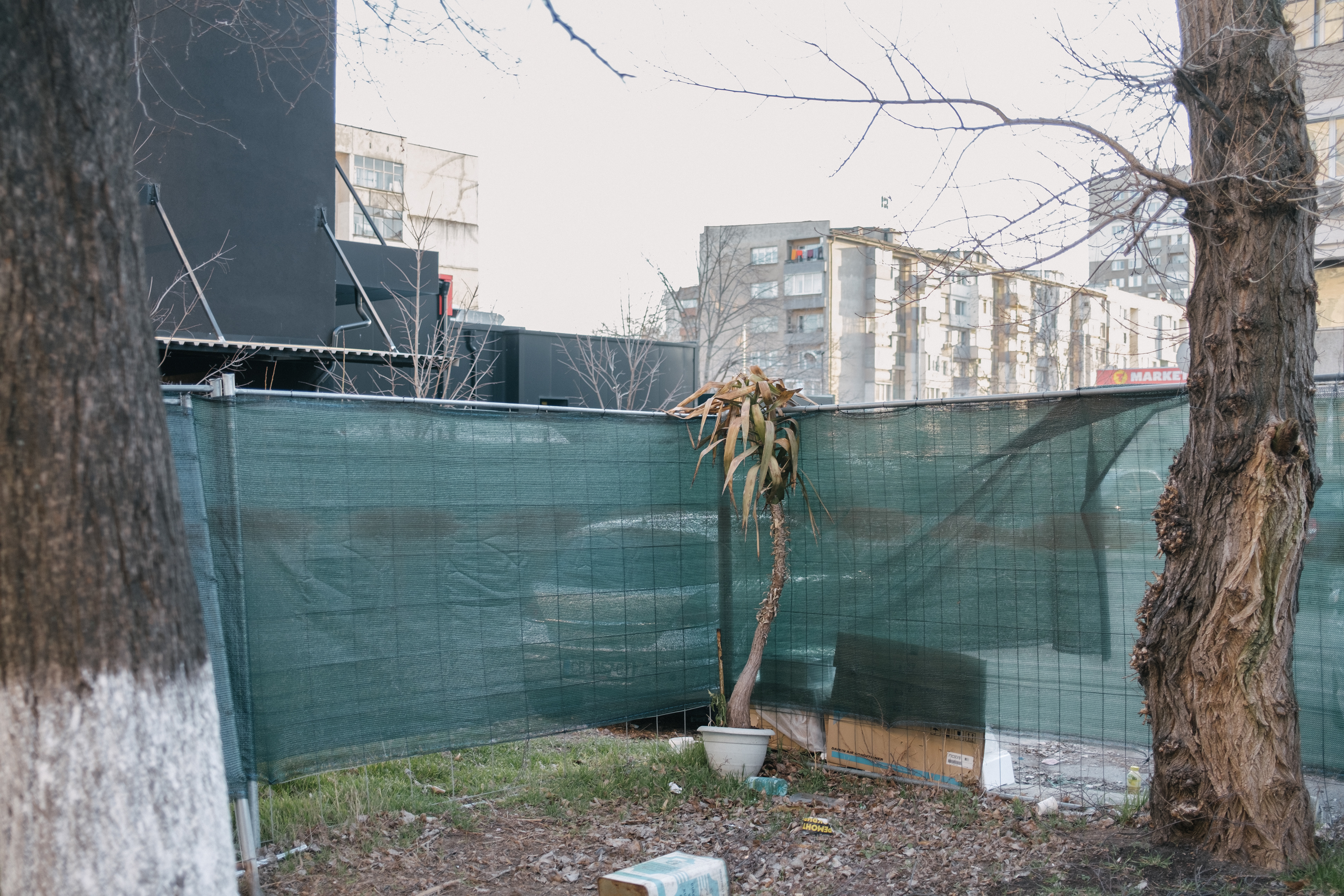
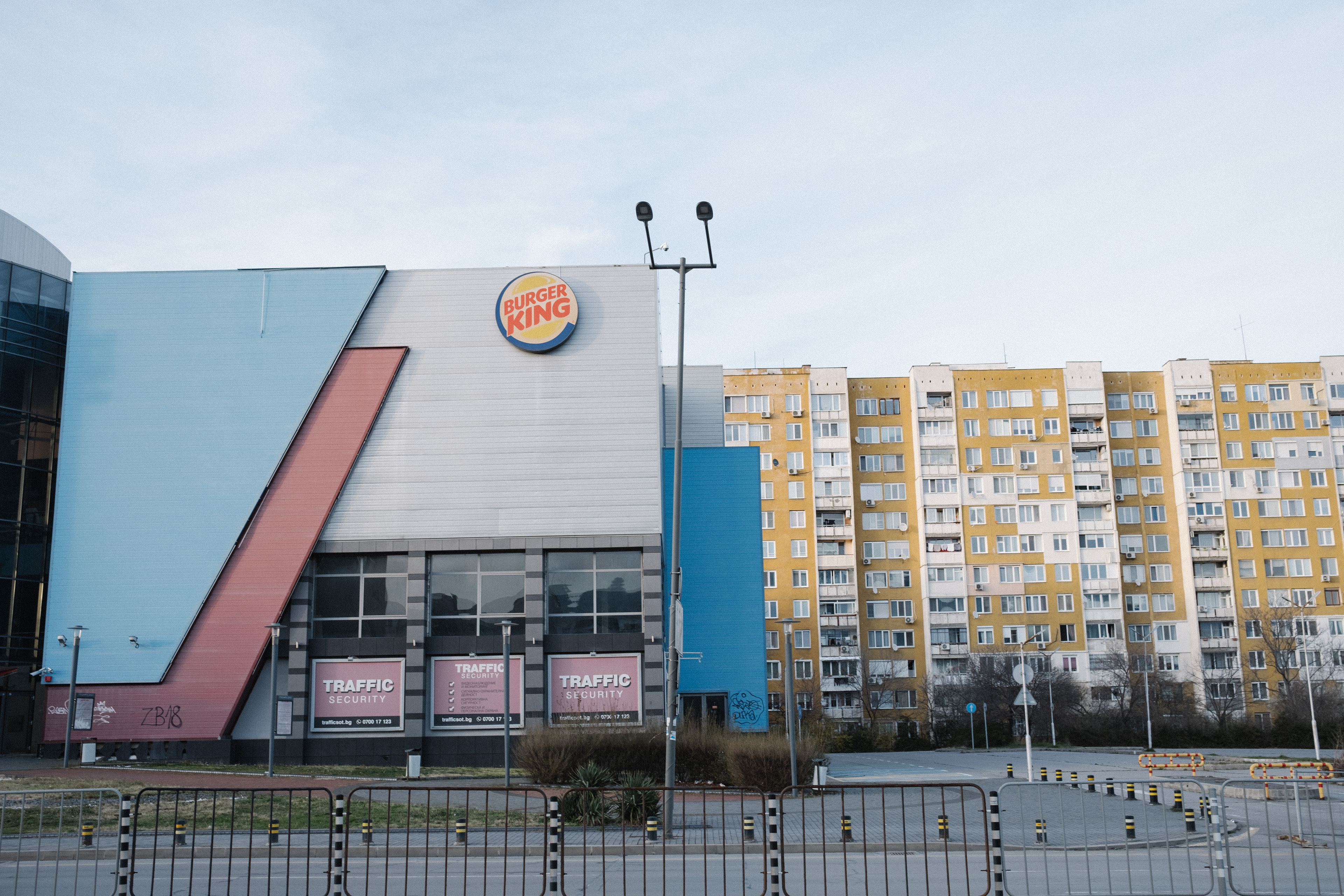
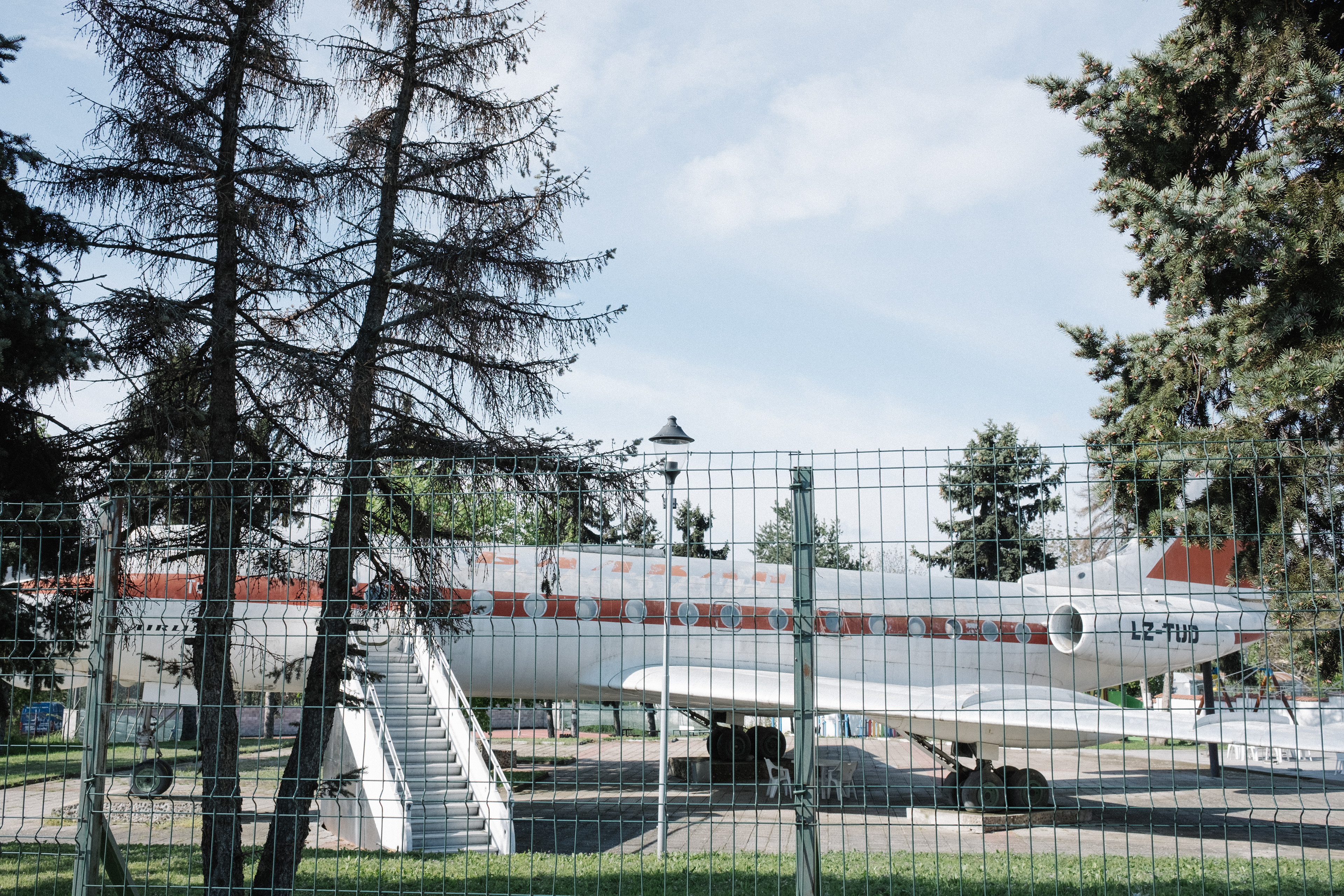
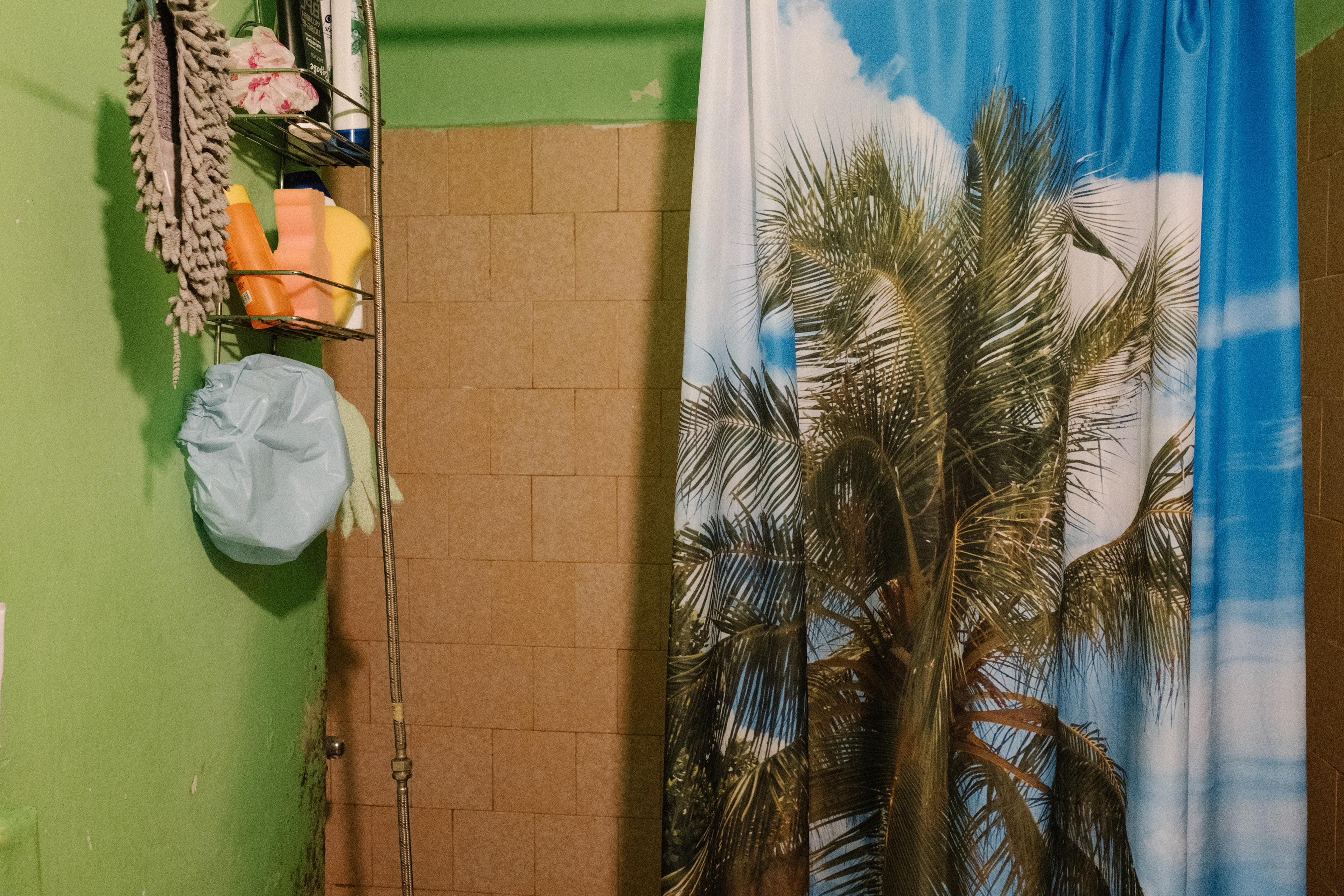



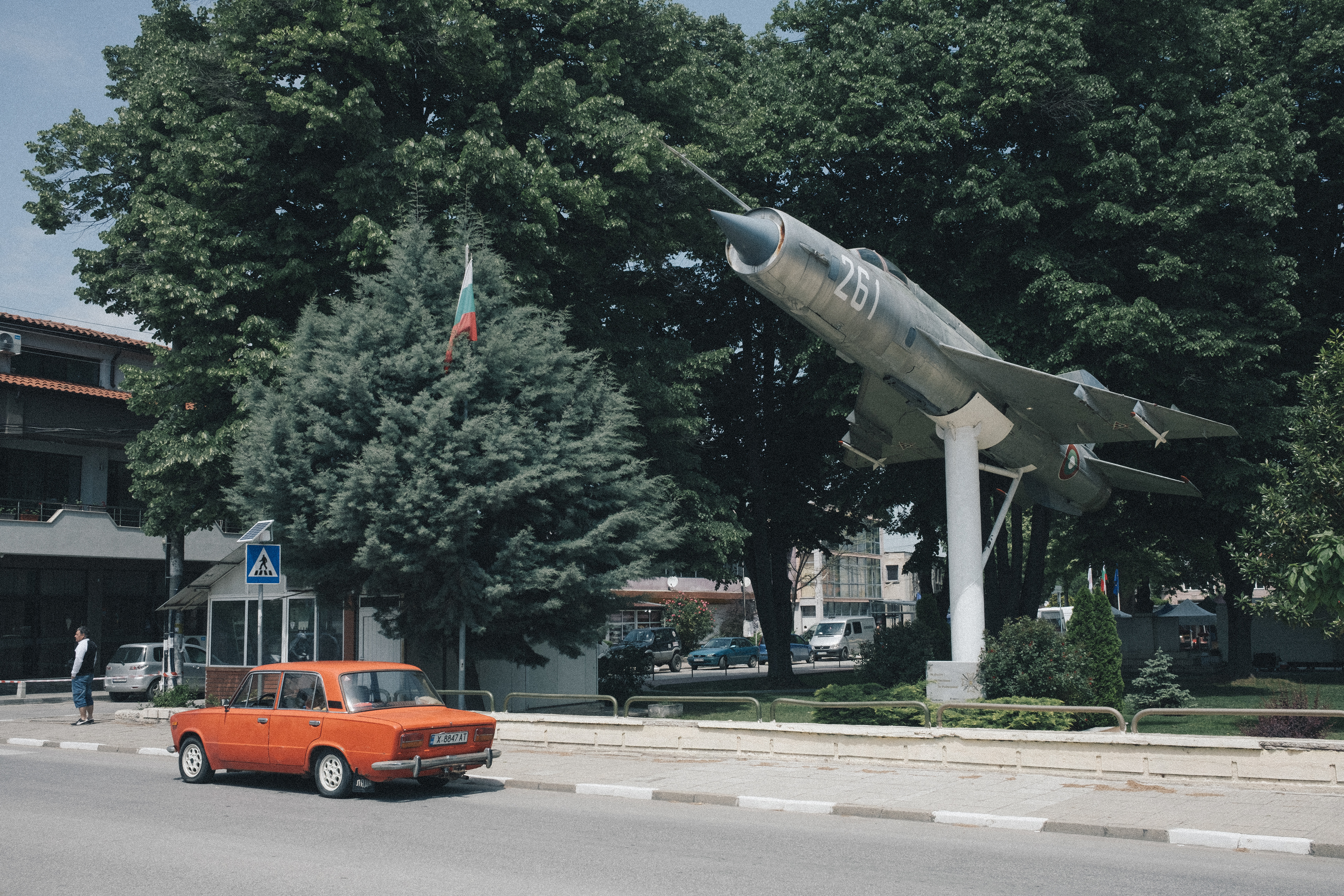

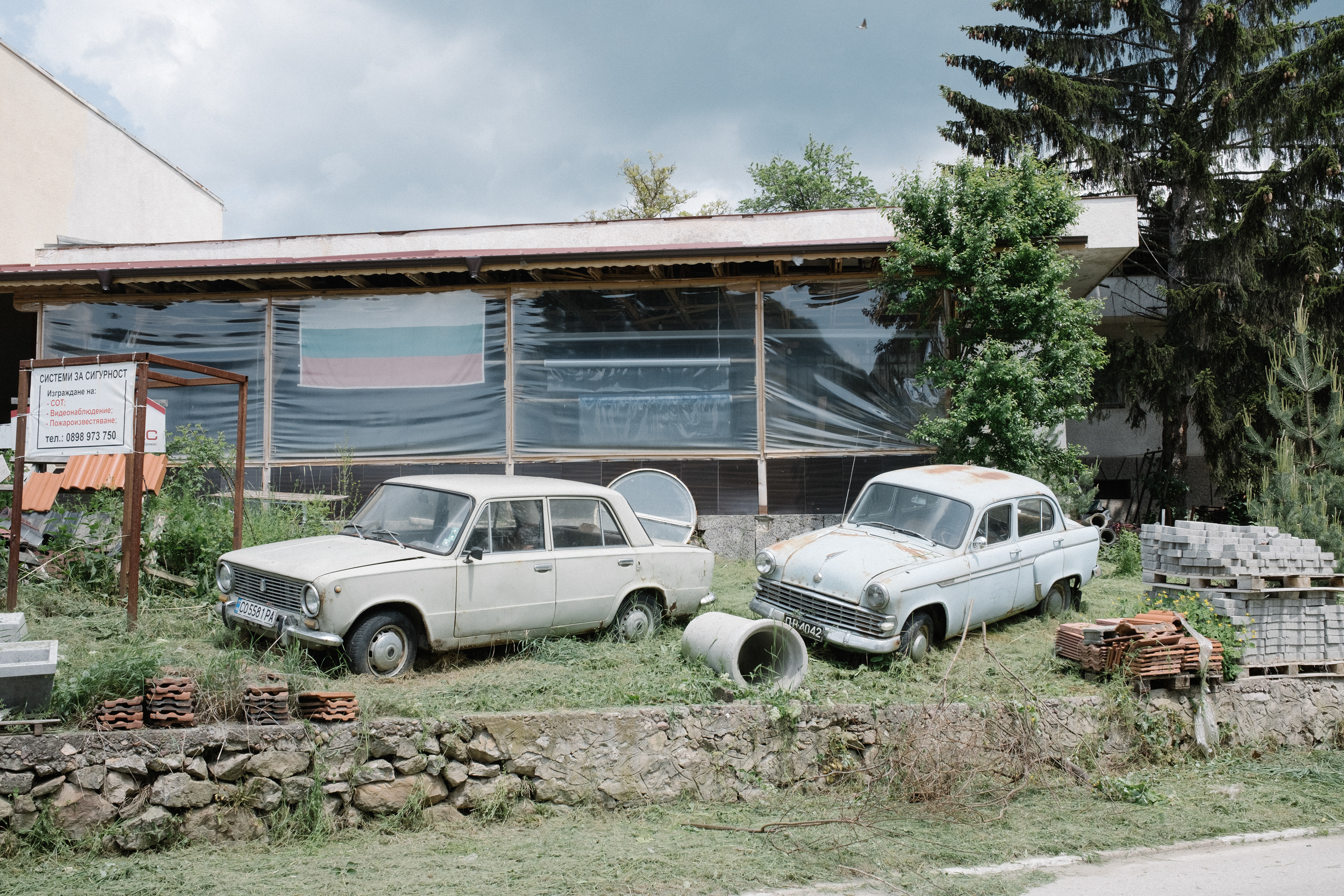
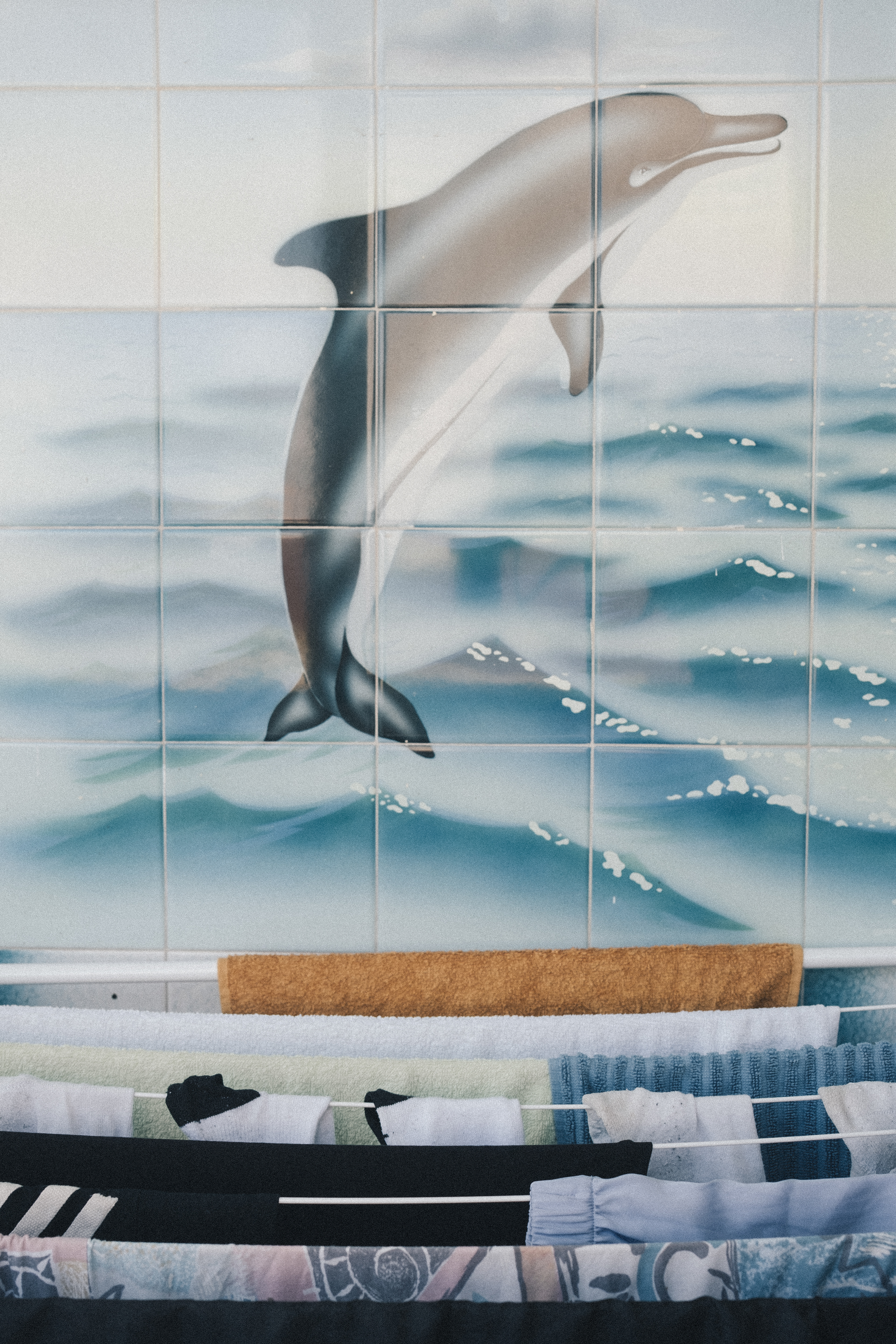
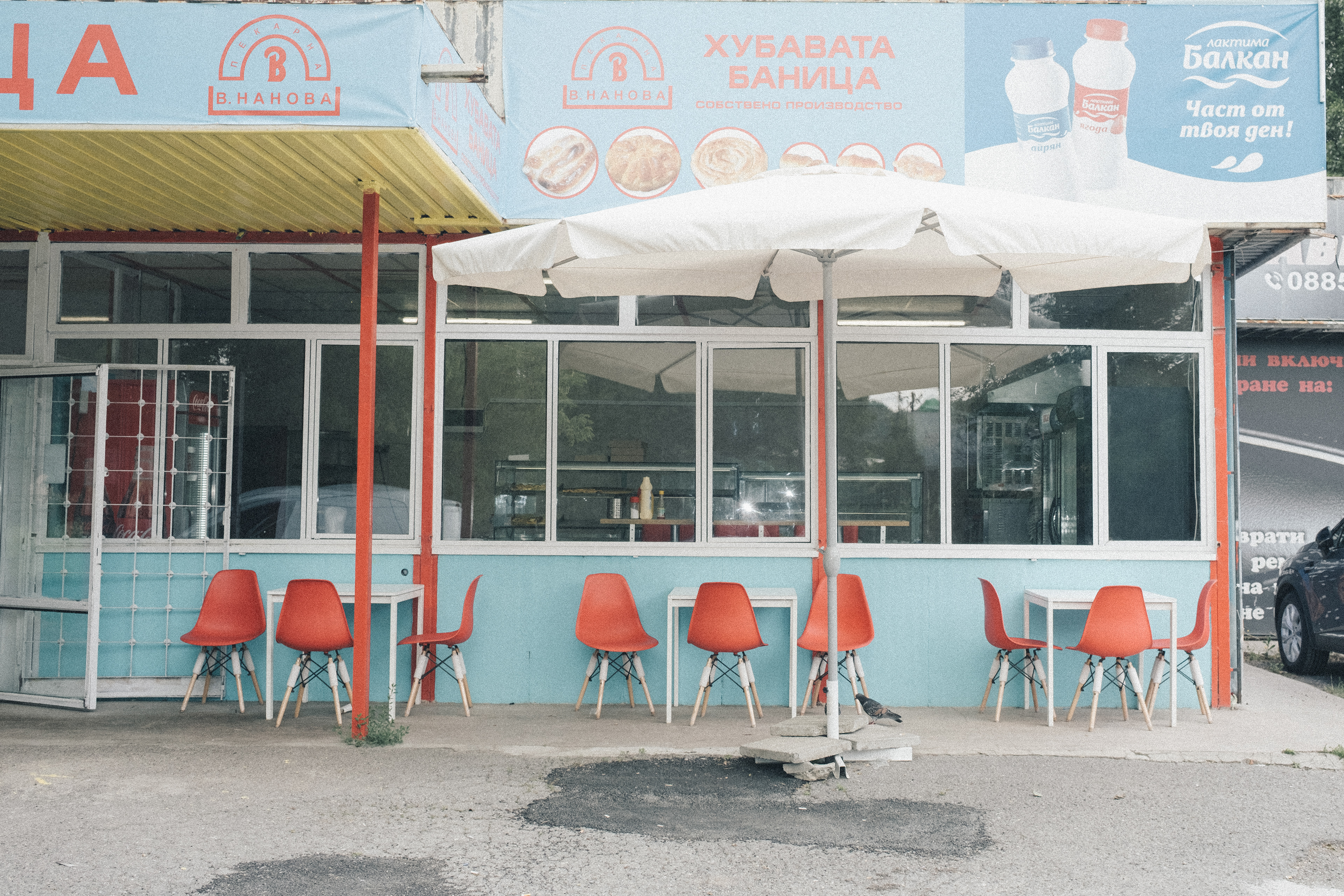

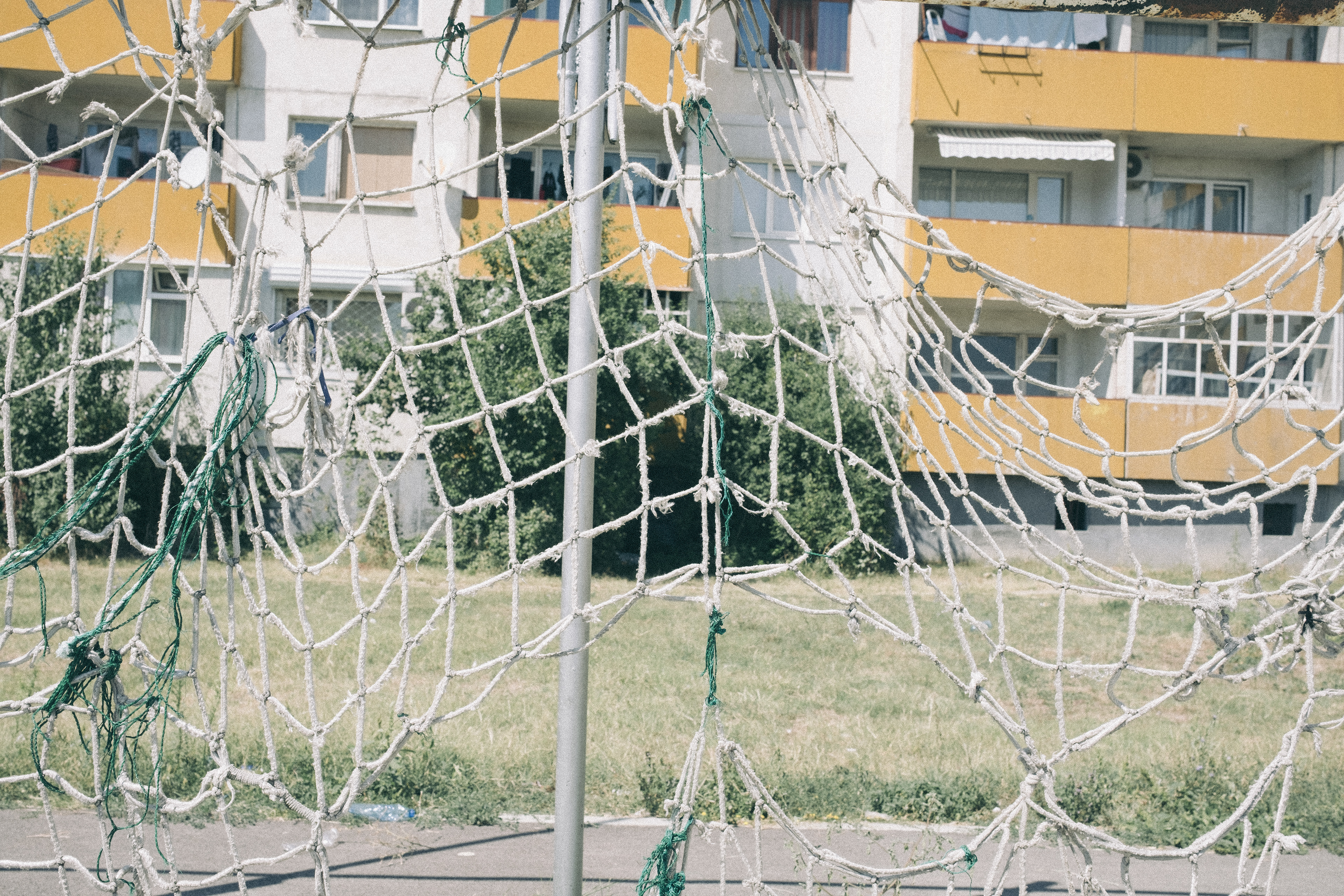
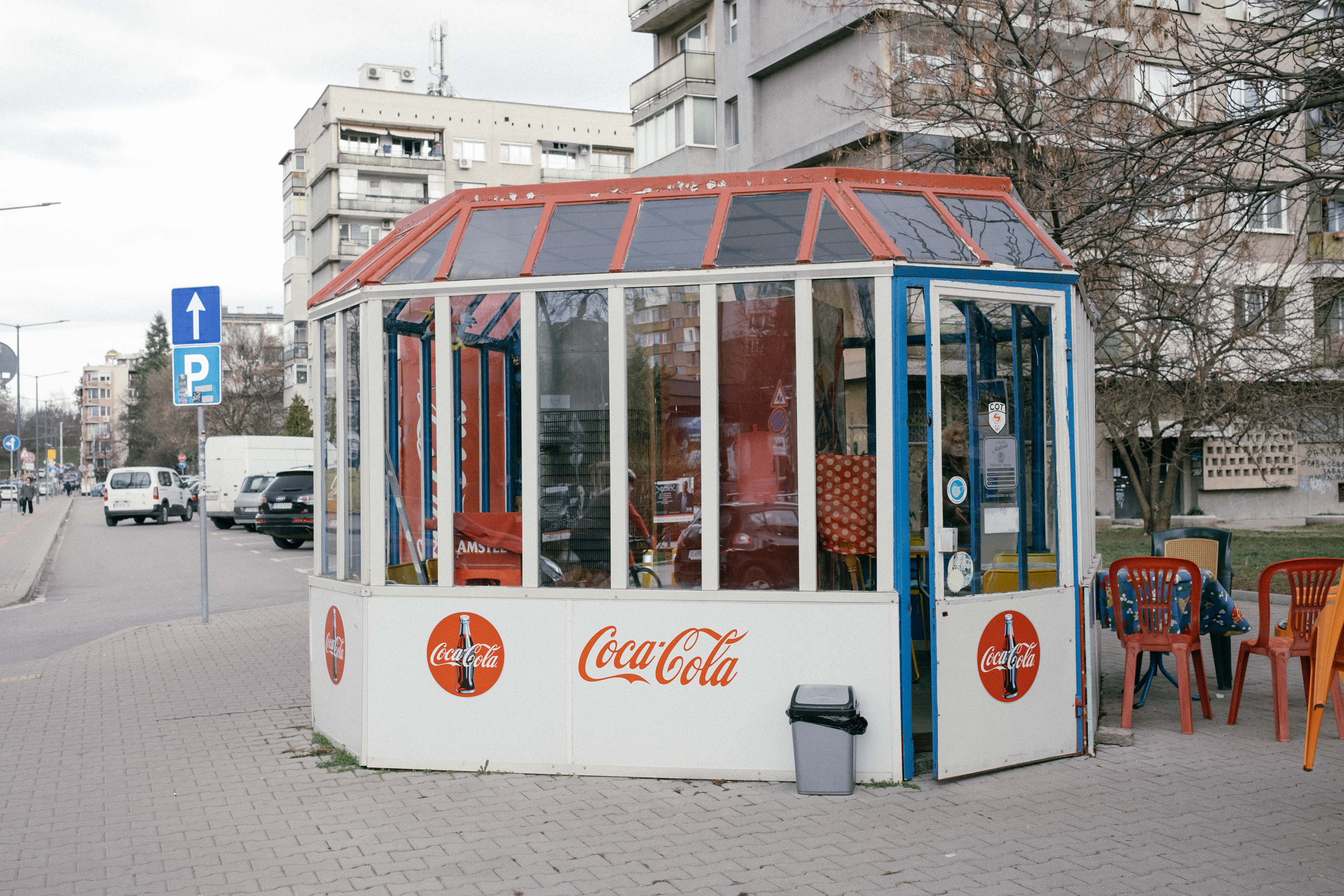
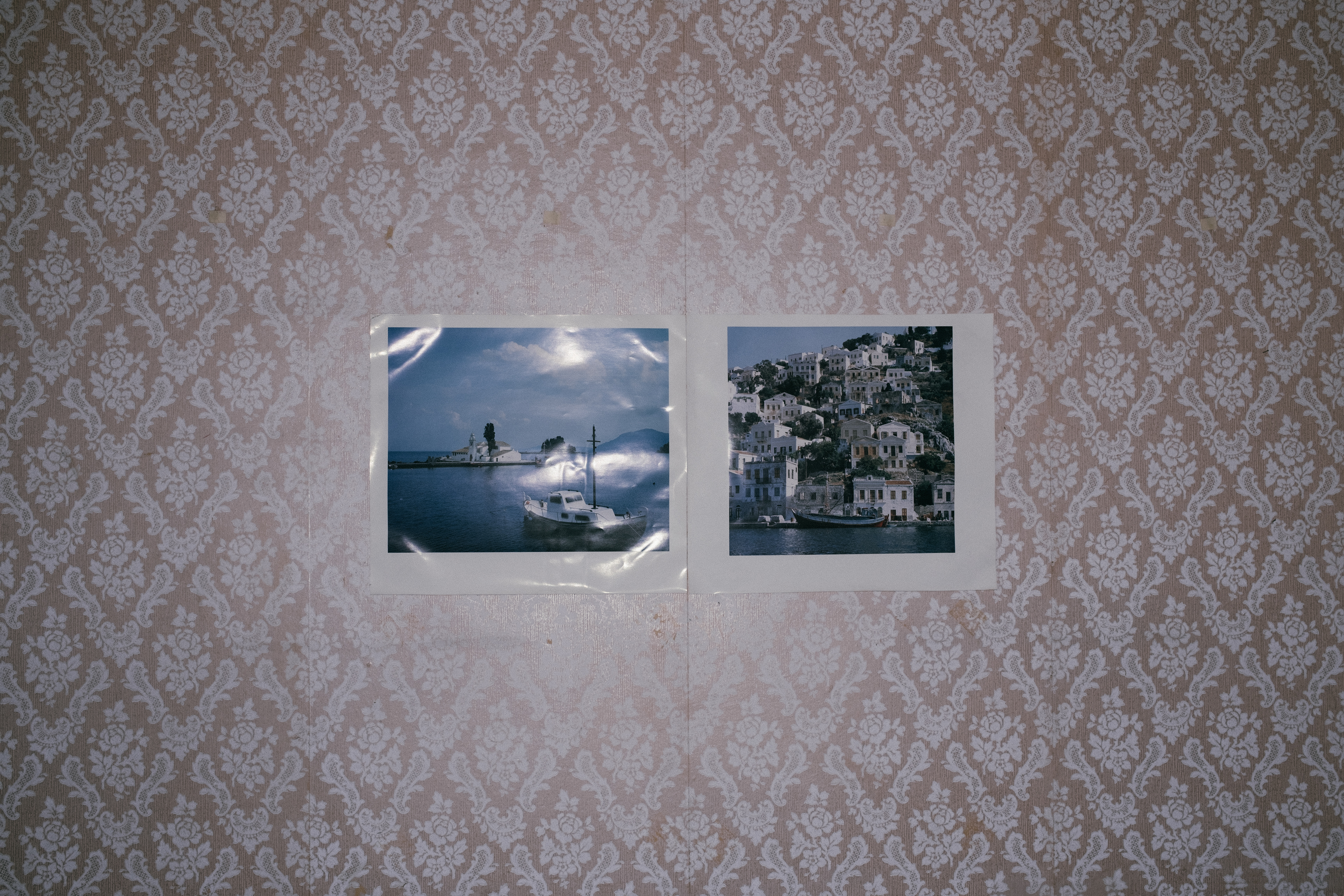
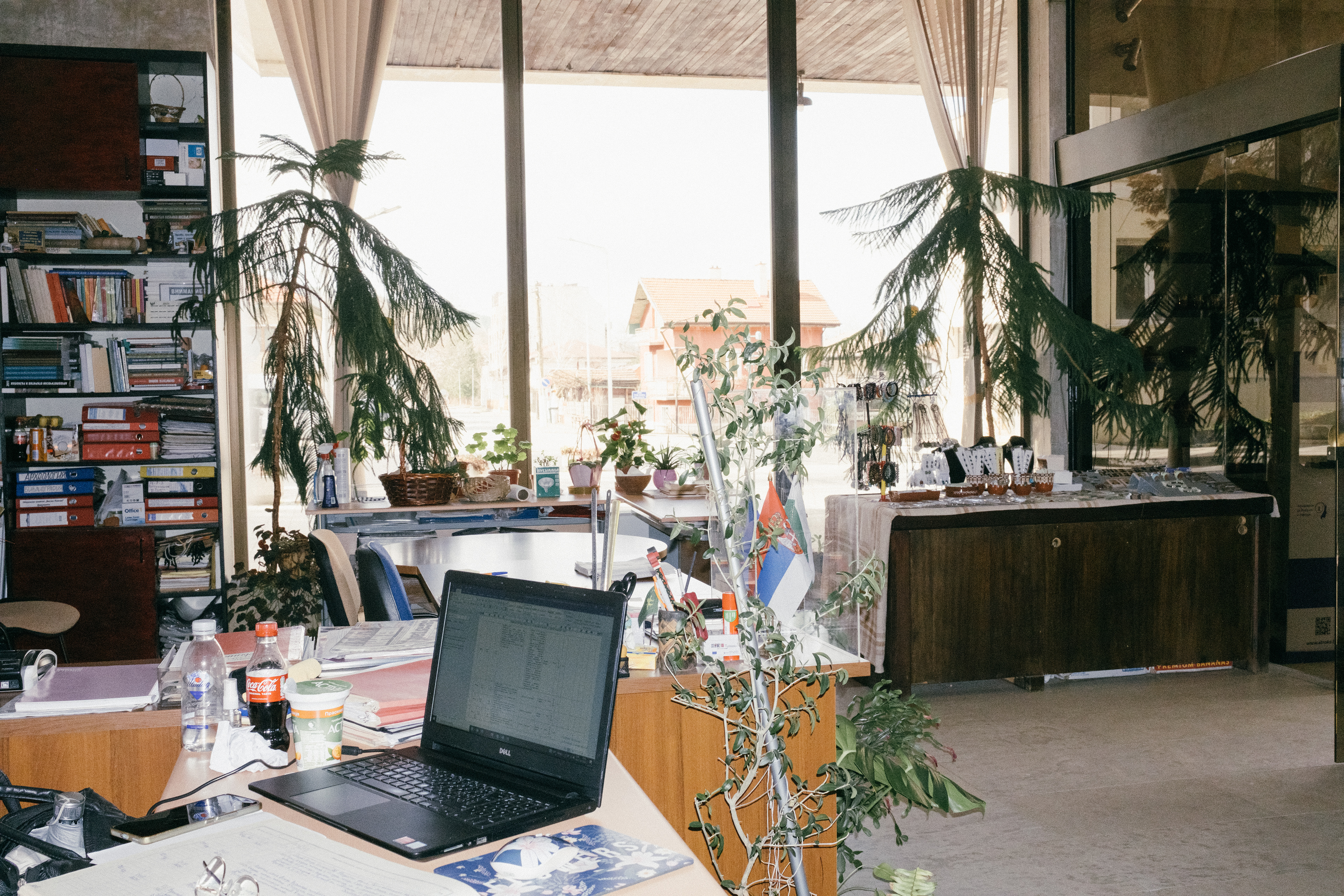
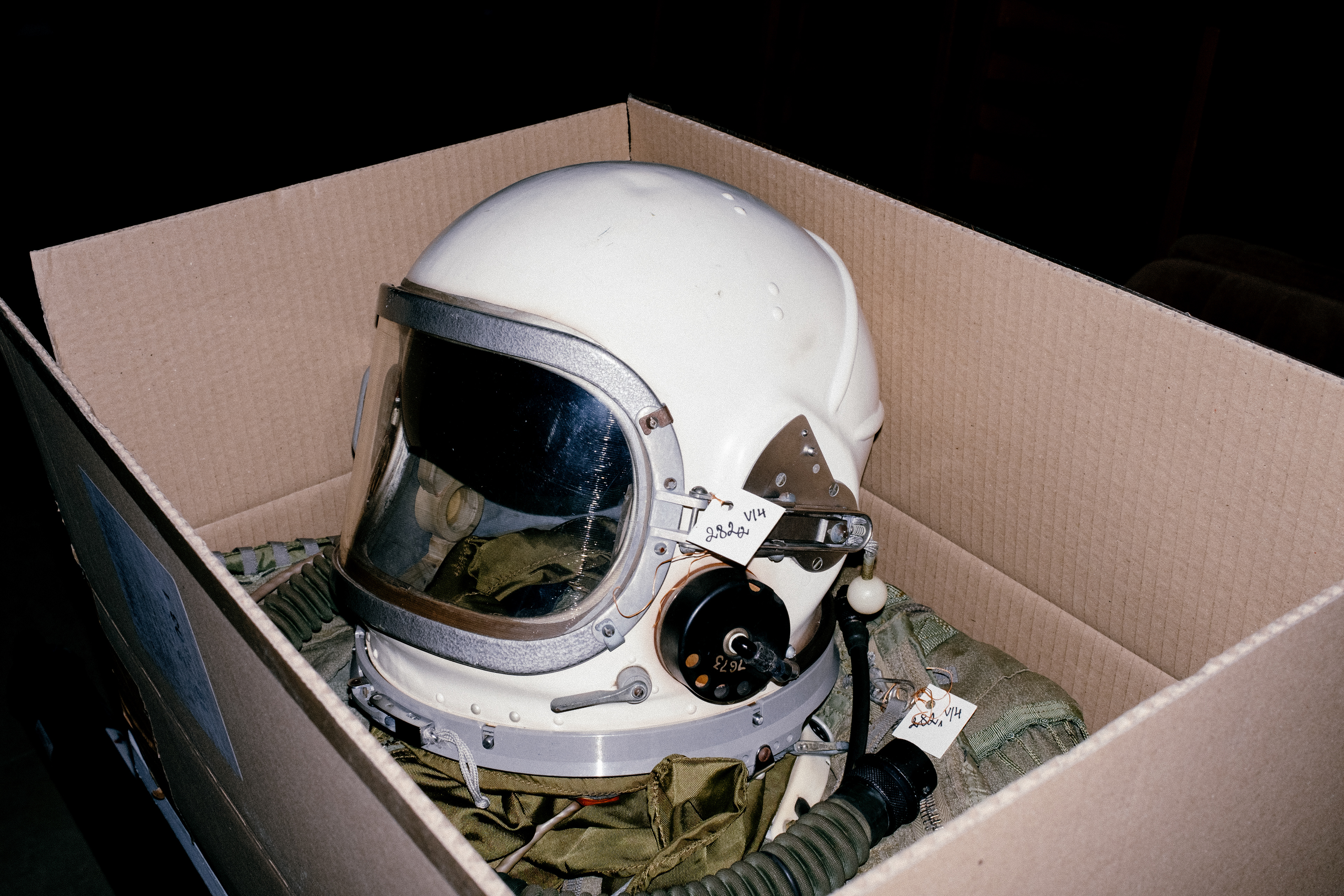
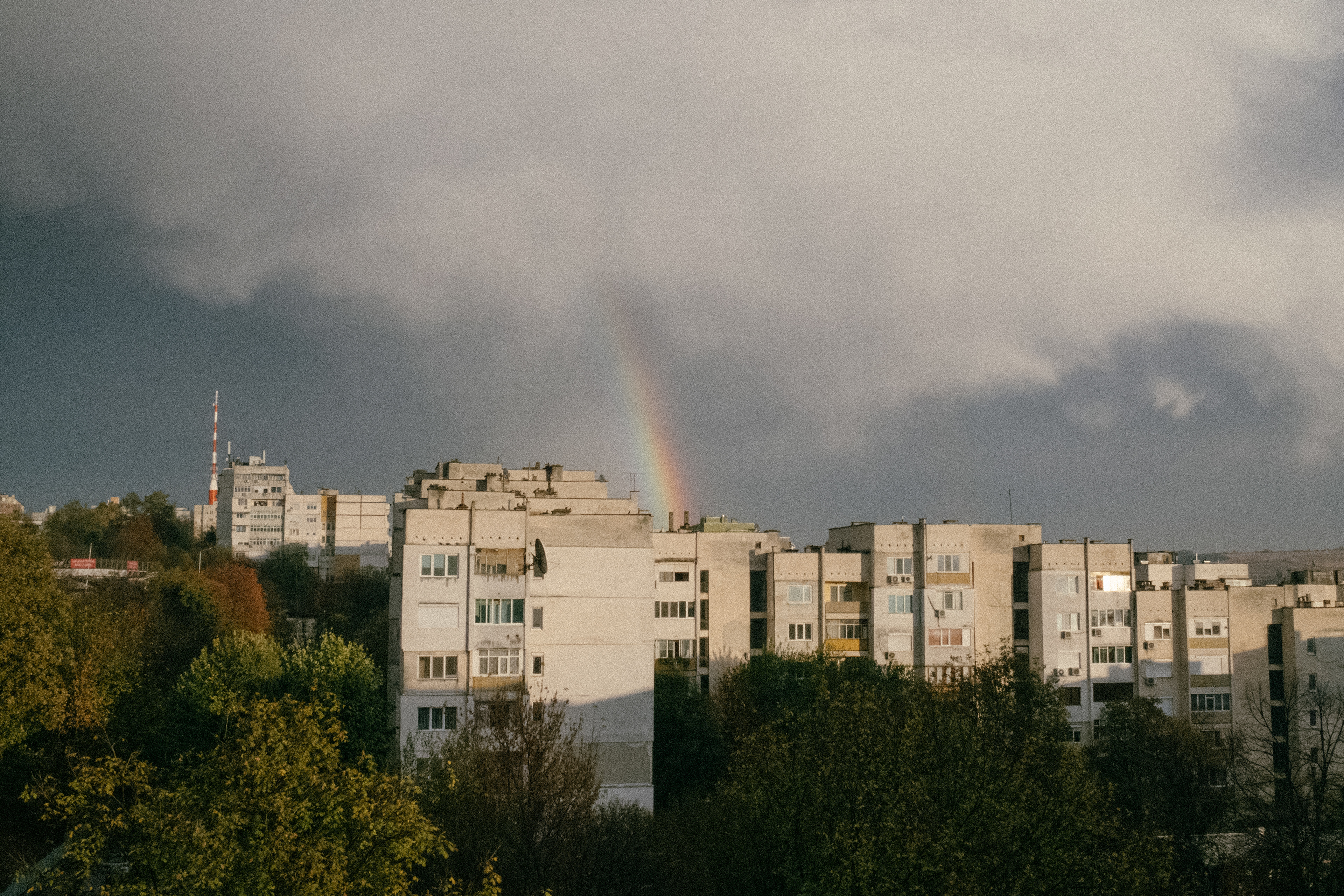
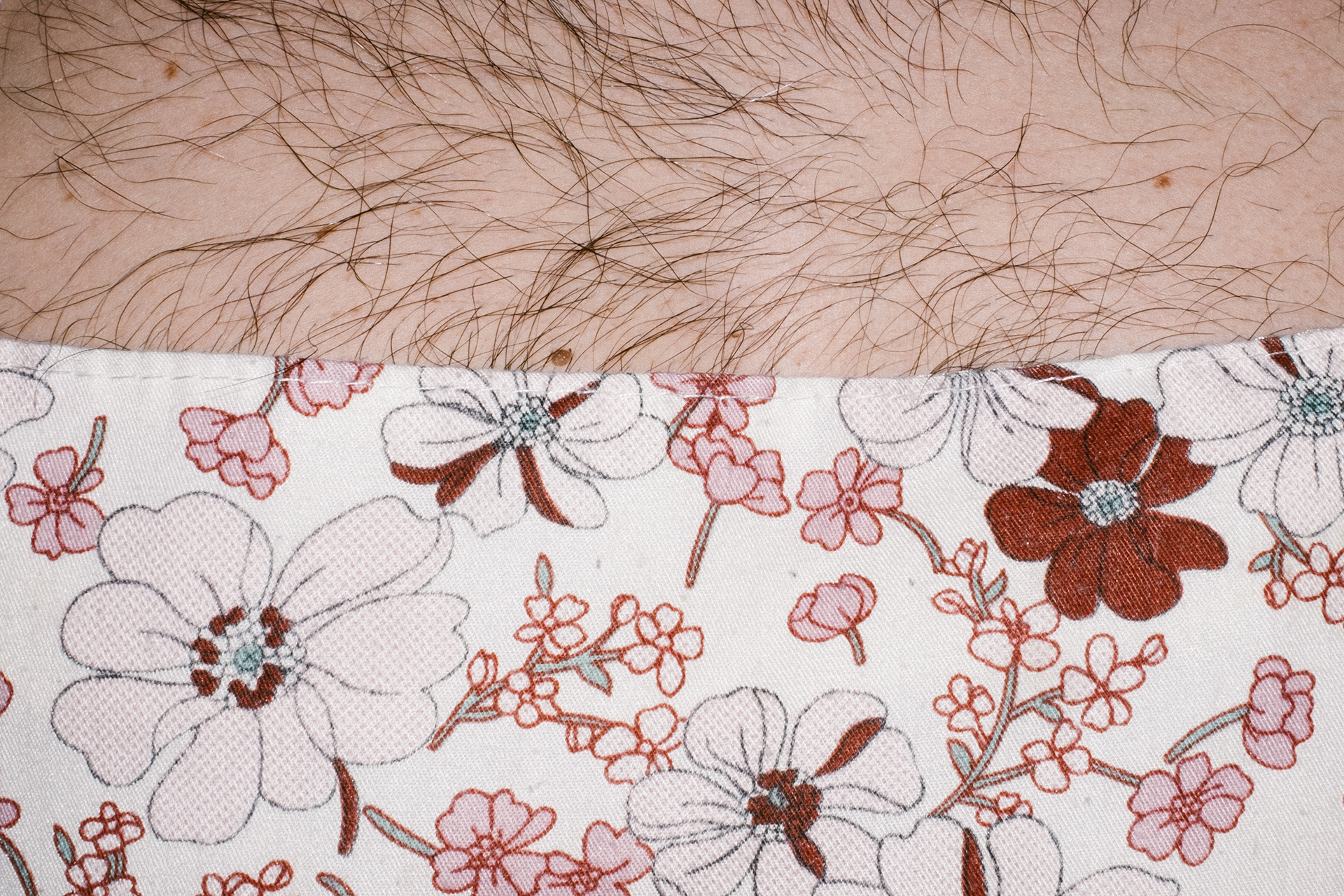

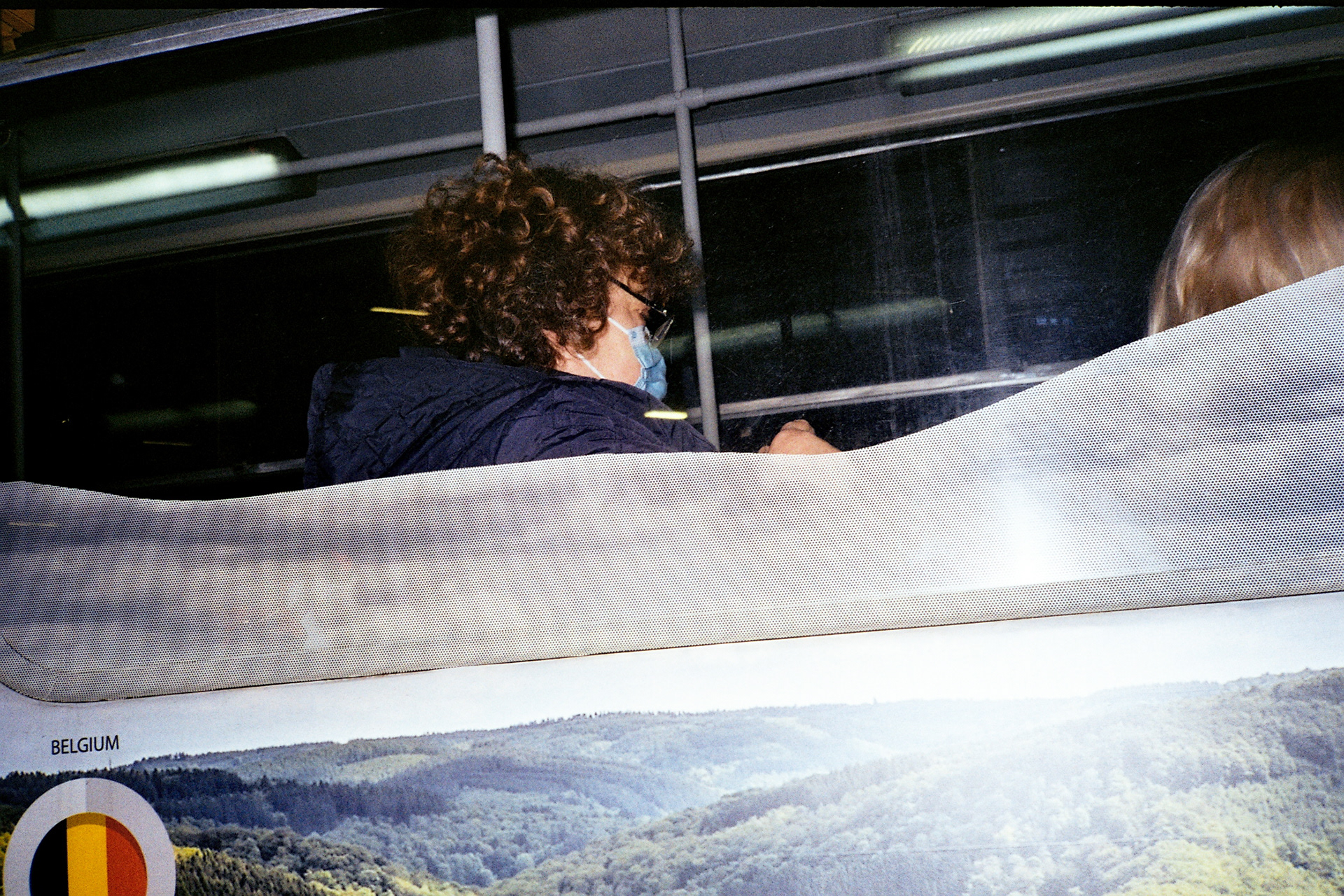
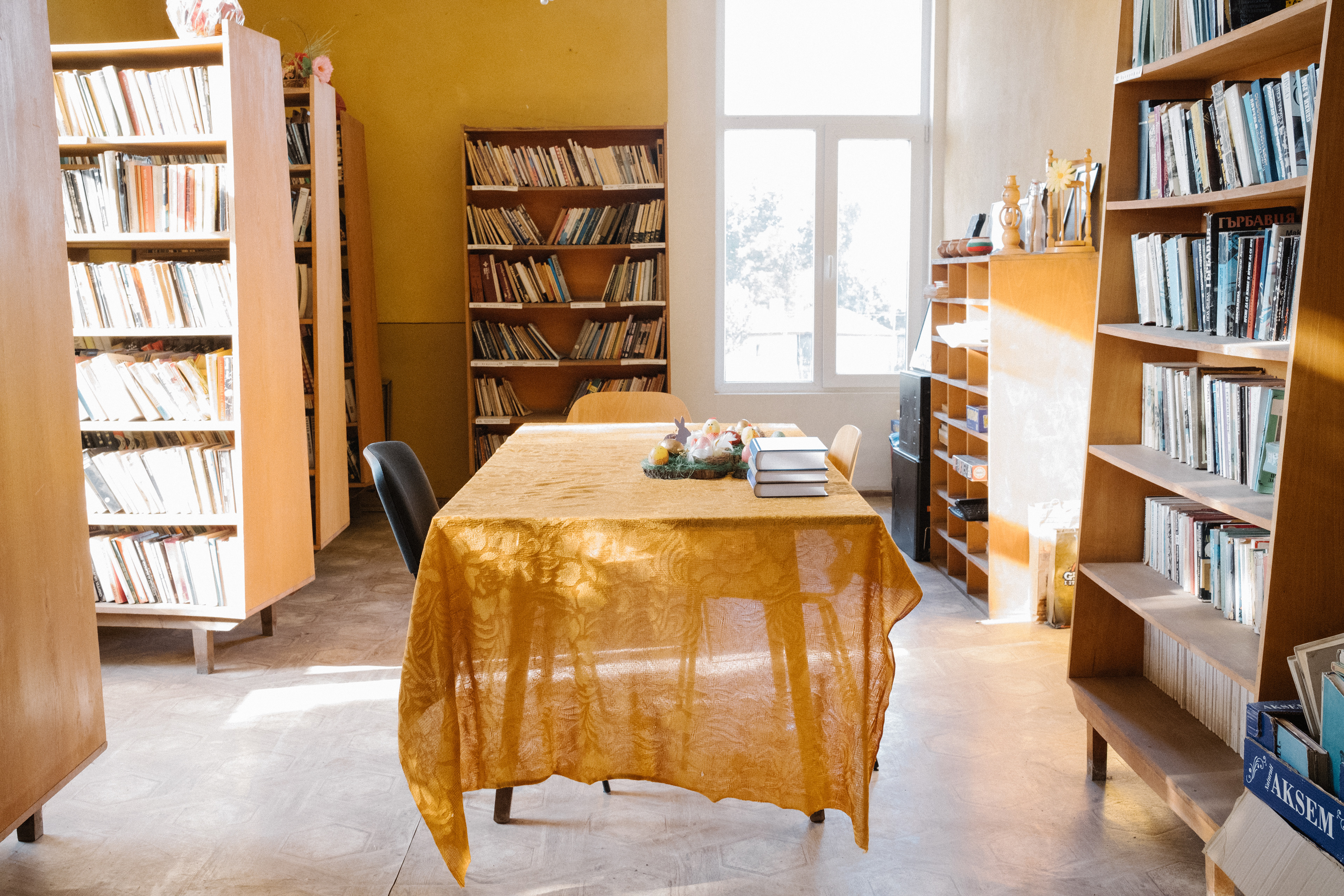
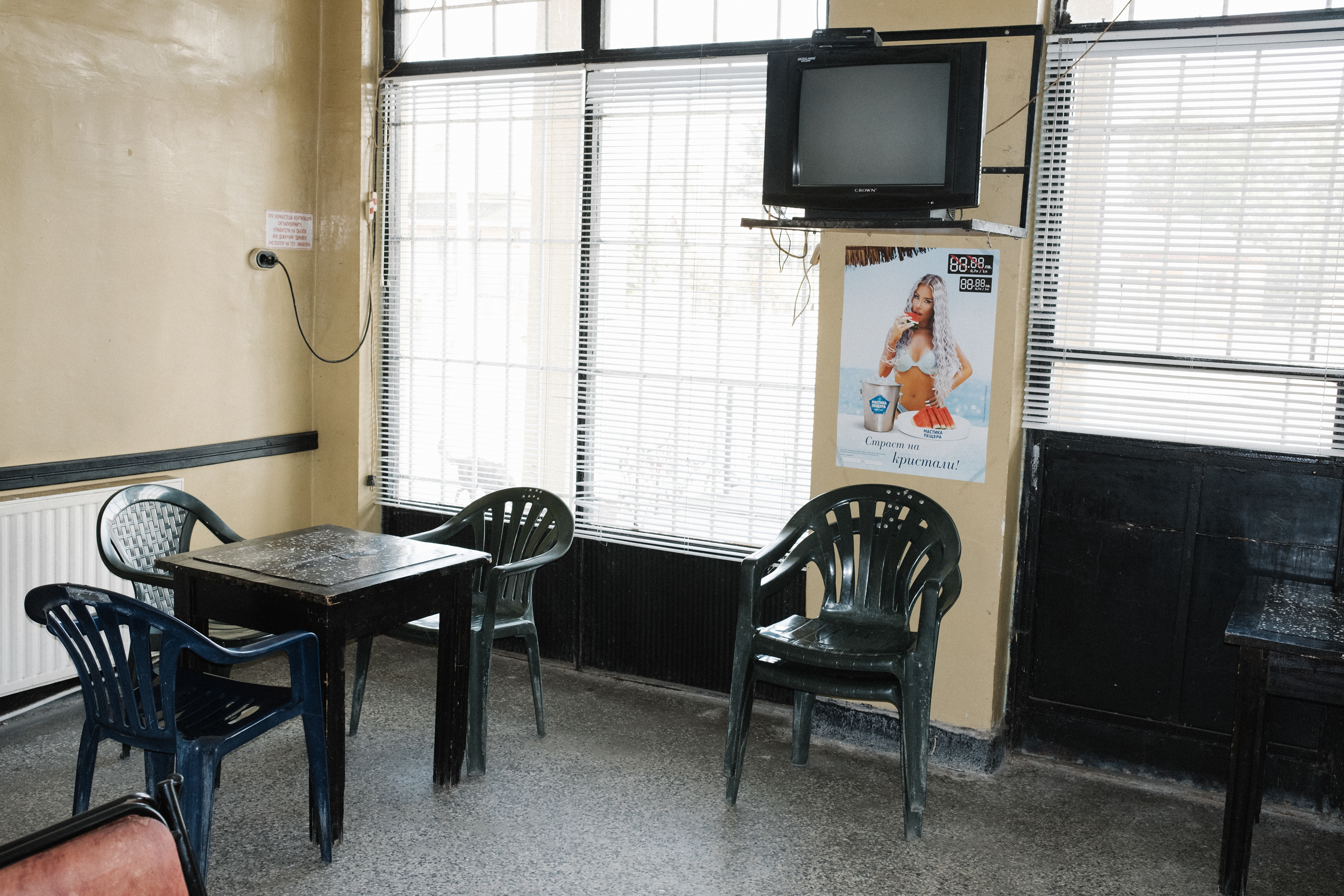
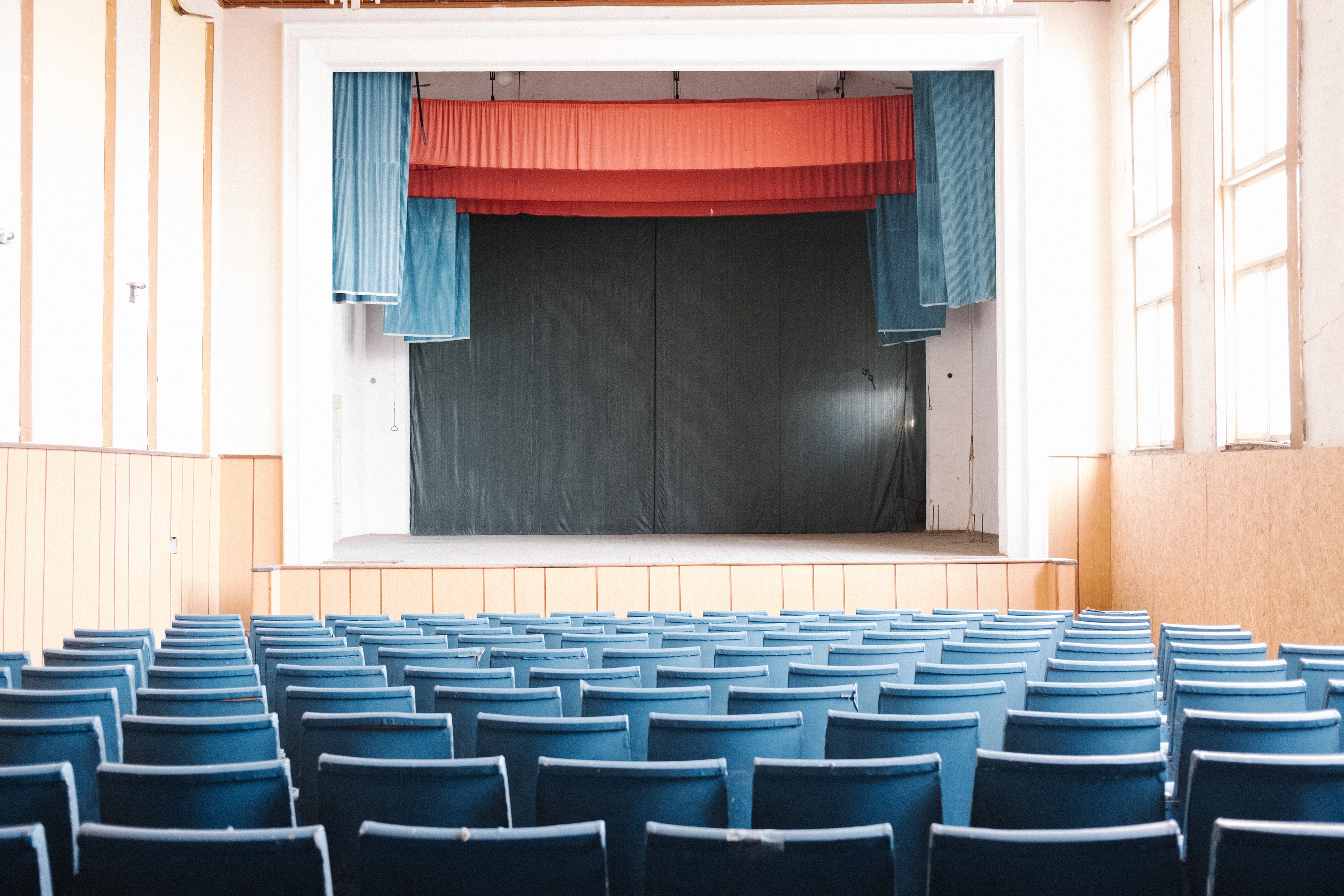
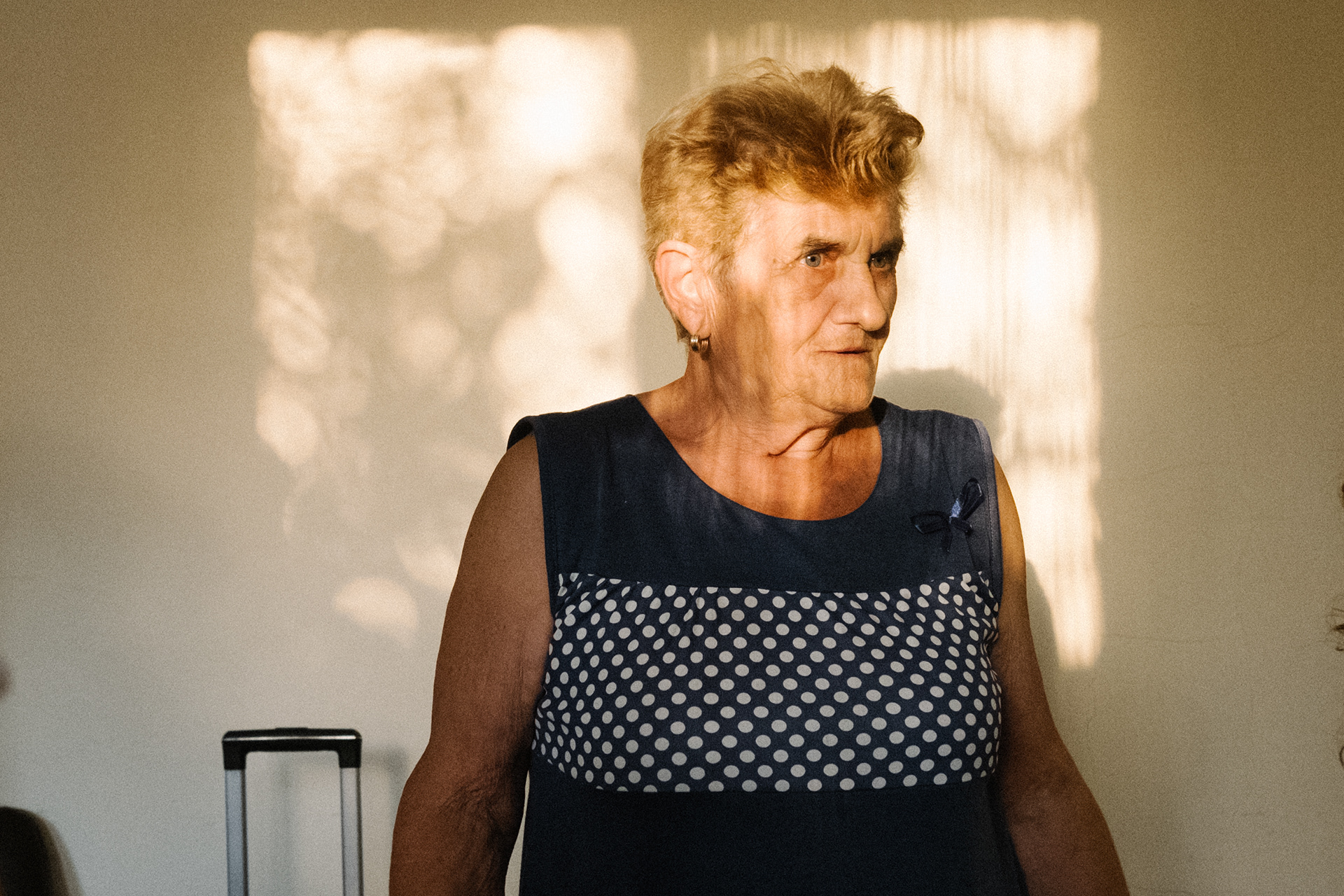
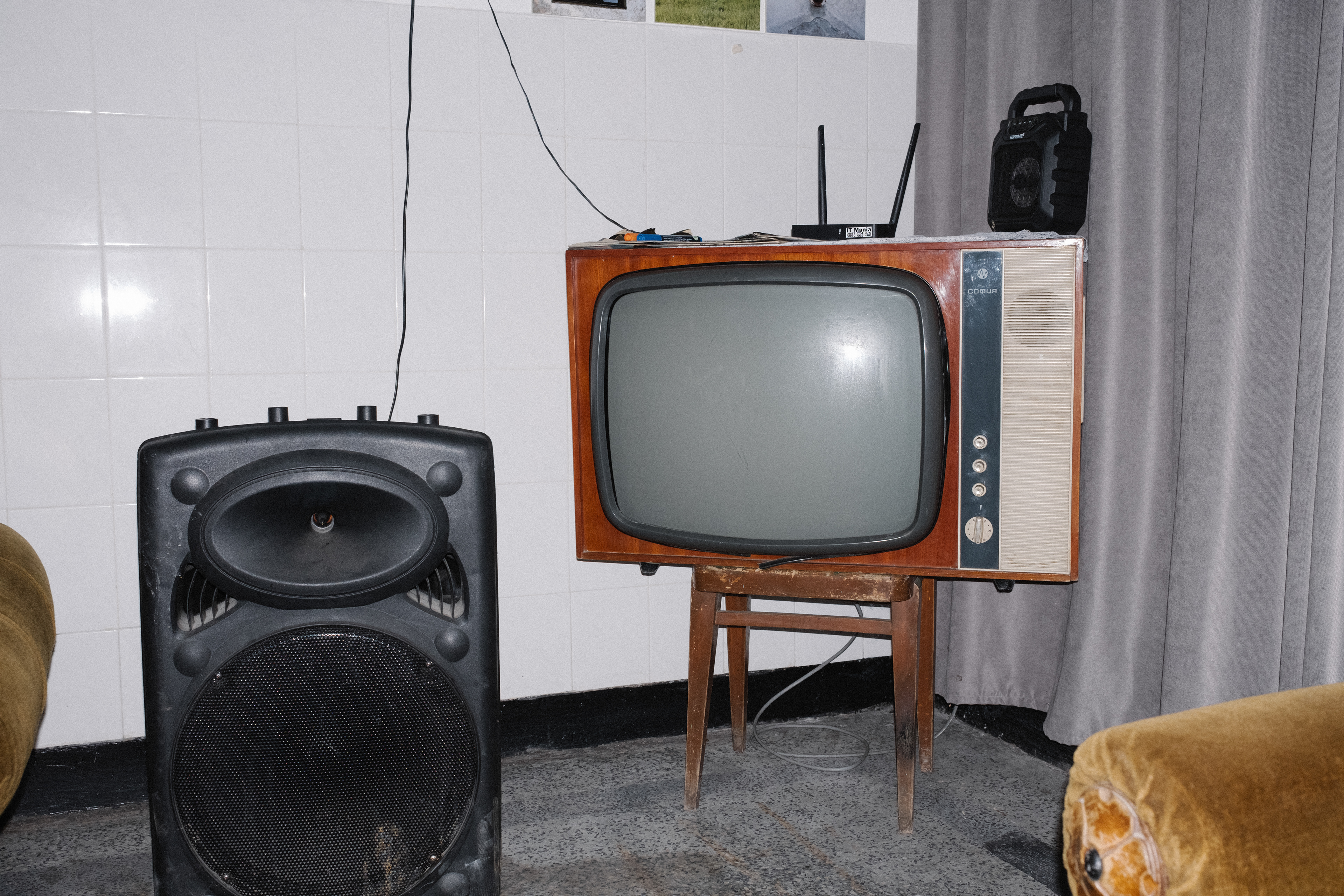
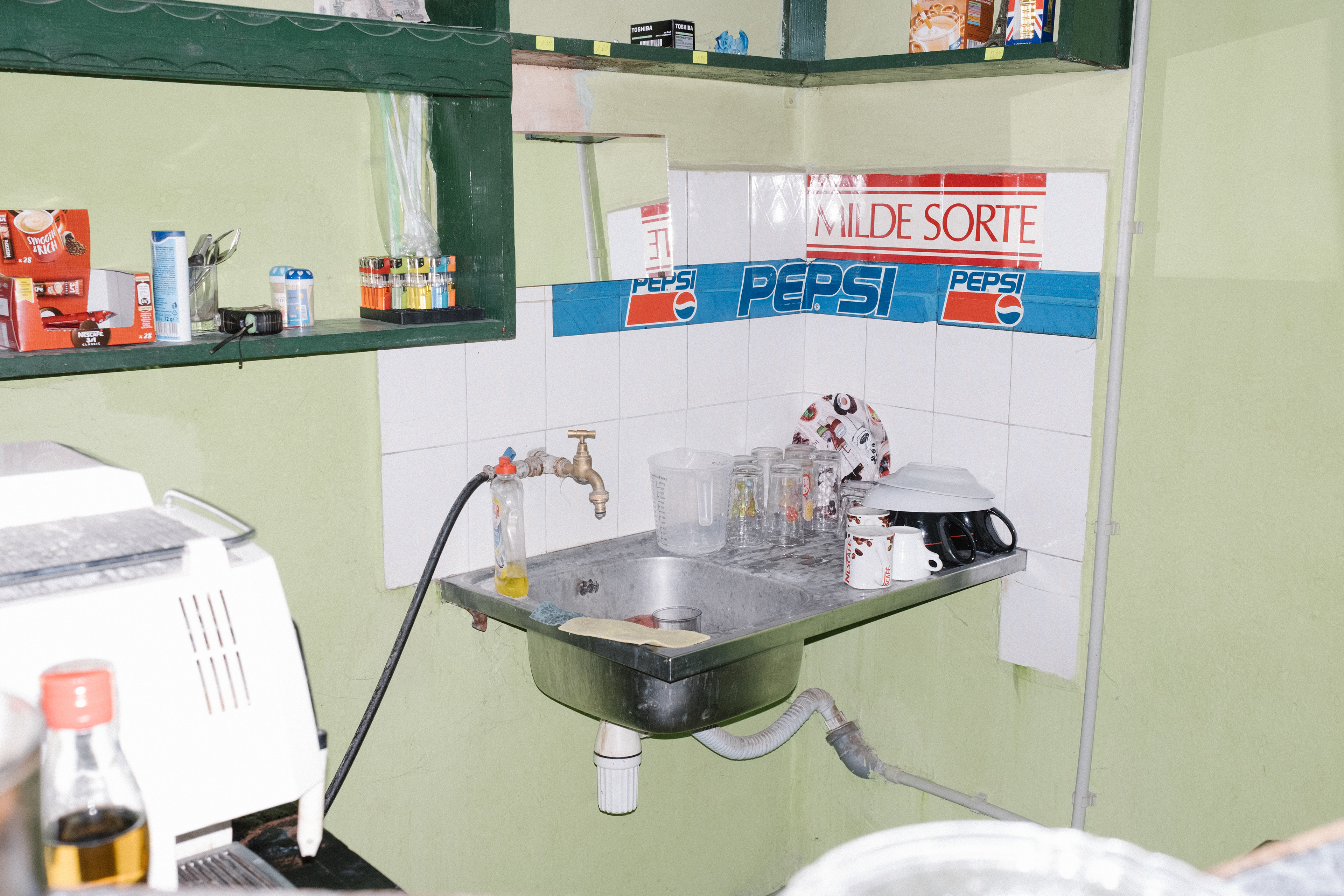
The Berlin Wall, which collapsed in 1989, was not only a physical barrier but, above all, a mental and psychological obstacle to the unification of Europe. Today it has already become a metaphor for the entire Iron Curtain from the Baltics to the Adriatic, separating the peoples of Eastern Europe from their existent cultural, economic, and political ties to the rest of the continent. The chain collapse of the Soviet-style regimes in 1989, whose brightest symbol was again the Berlin Wall, made it possible for these countries to go their way. Bulgaria, a former Eastern bloc country, joined the European Union in 2007. Although all former totalitarian states are experiencing a difficult transition to democracy, Bulgaria remains the poorest one in the EU. Still, it struggles to deal with corruption, populism, and censorship. One of the main reasons is that the country's peoples are divided in understanding and interpreting its recent past. This tendency forms highly polarized positions in a society where a unified national memory of this challenging historical period is lacking. The series 'Behind the curtain' documents and registers the life, culture, and habits of the mass Bulgarian population and the unfinished transition from totalitarianism to democracy in 2022. It explores the inanimate world of objects, monuments, and architecture, which remind of the regime in a country that has been actively looking for ways of Europeanization for more than 15 years. It is clear that the remains of totalitarianism are still around us, and in this sense, we continue to live with the memory of it. But what does their presence mean, and how functional are they nowadays? Are they a feature of our everyday life, or only 'items' that we can't get rid of and only remind us of the past? 'Behind the curtain' also is an attempt to represent the generation gap between 'survivors' of the regime and their heirs (so-called 'postmemory generation'). The former carry contradictory narratives of the past. The latter has to deal with the postmemory of a time they do not understand but see all around in objects, habits, media, etc. Which is so confusing that one may ask whether the Iron Curtain has really fallen or the process of Europeanization is only imaginary?





























































